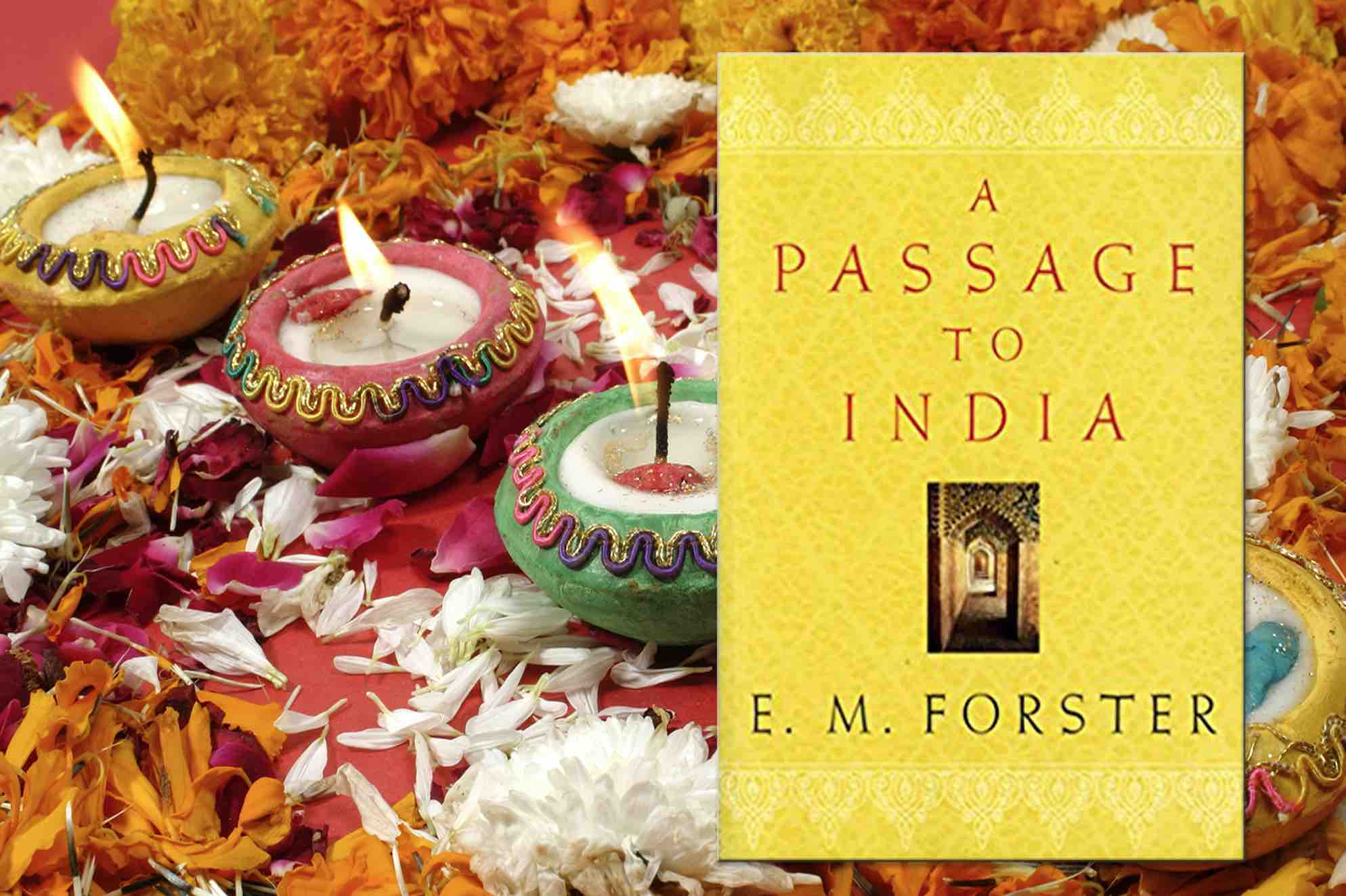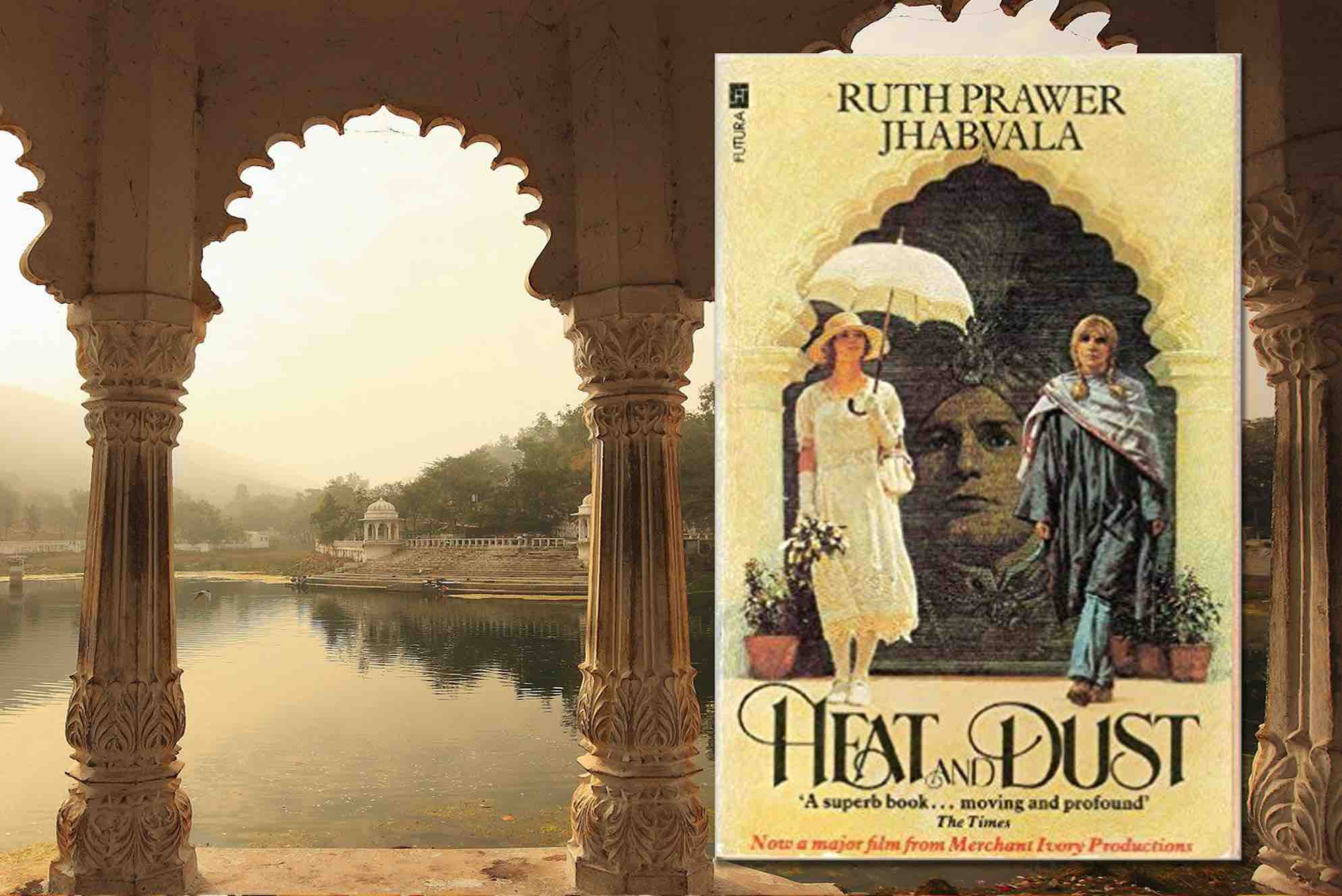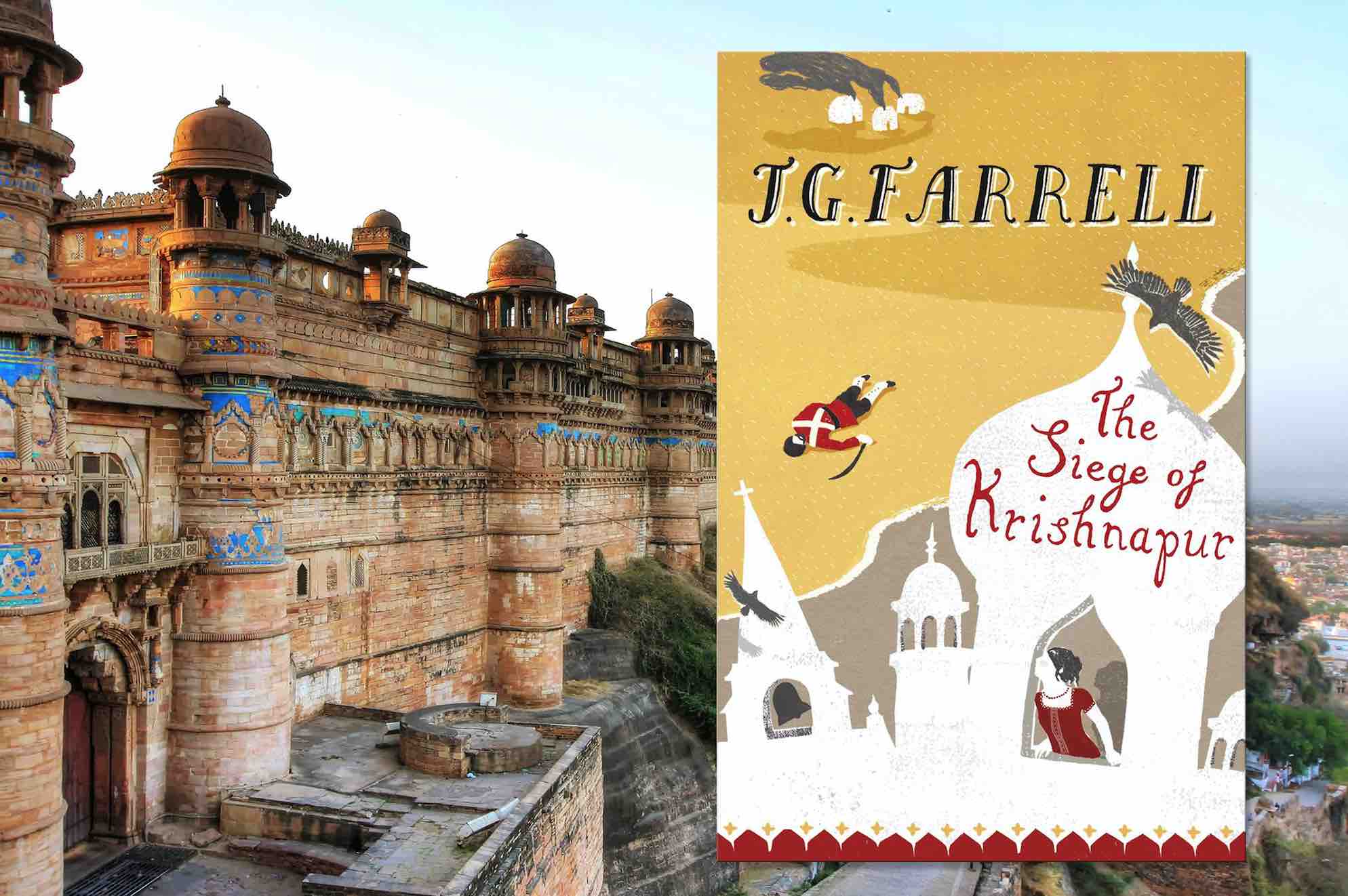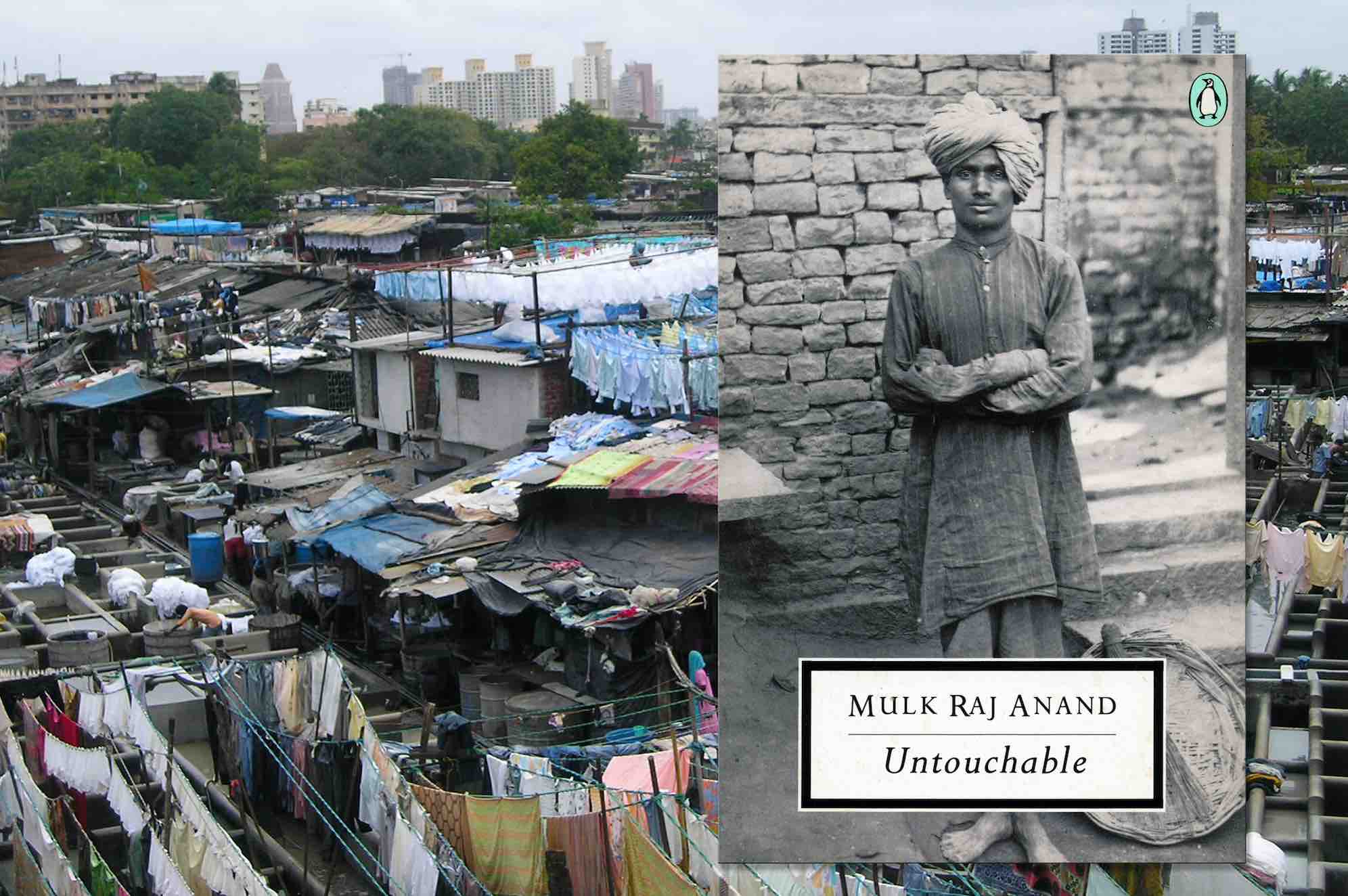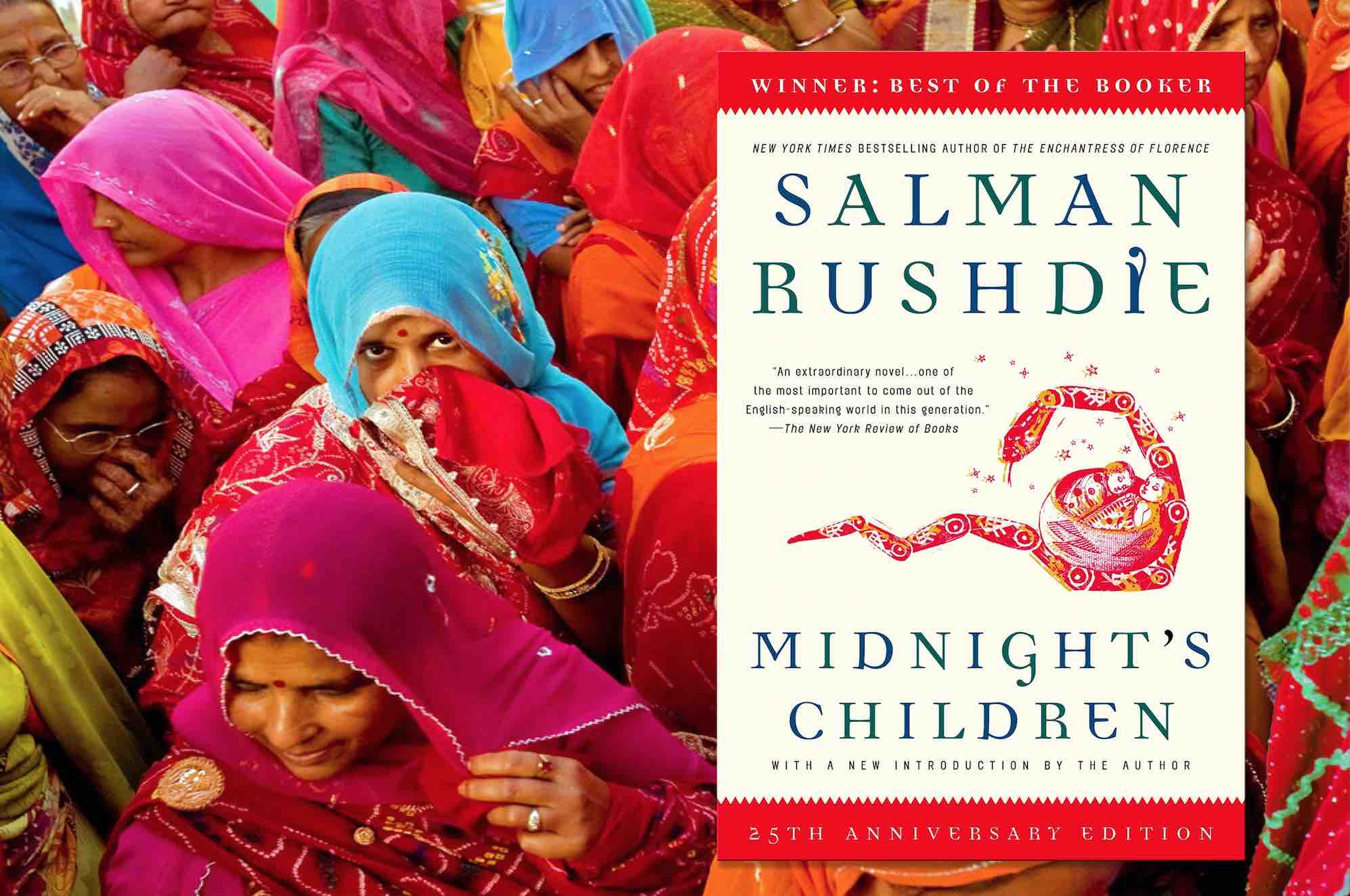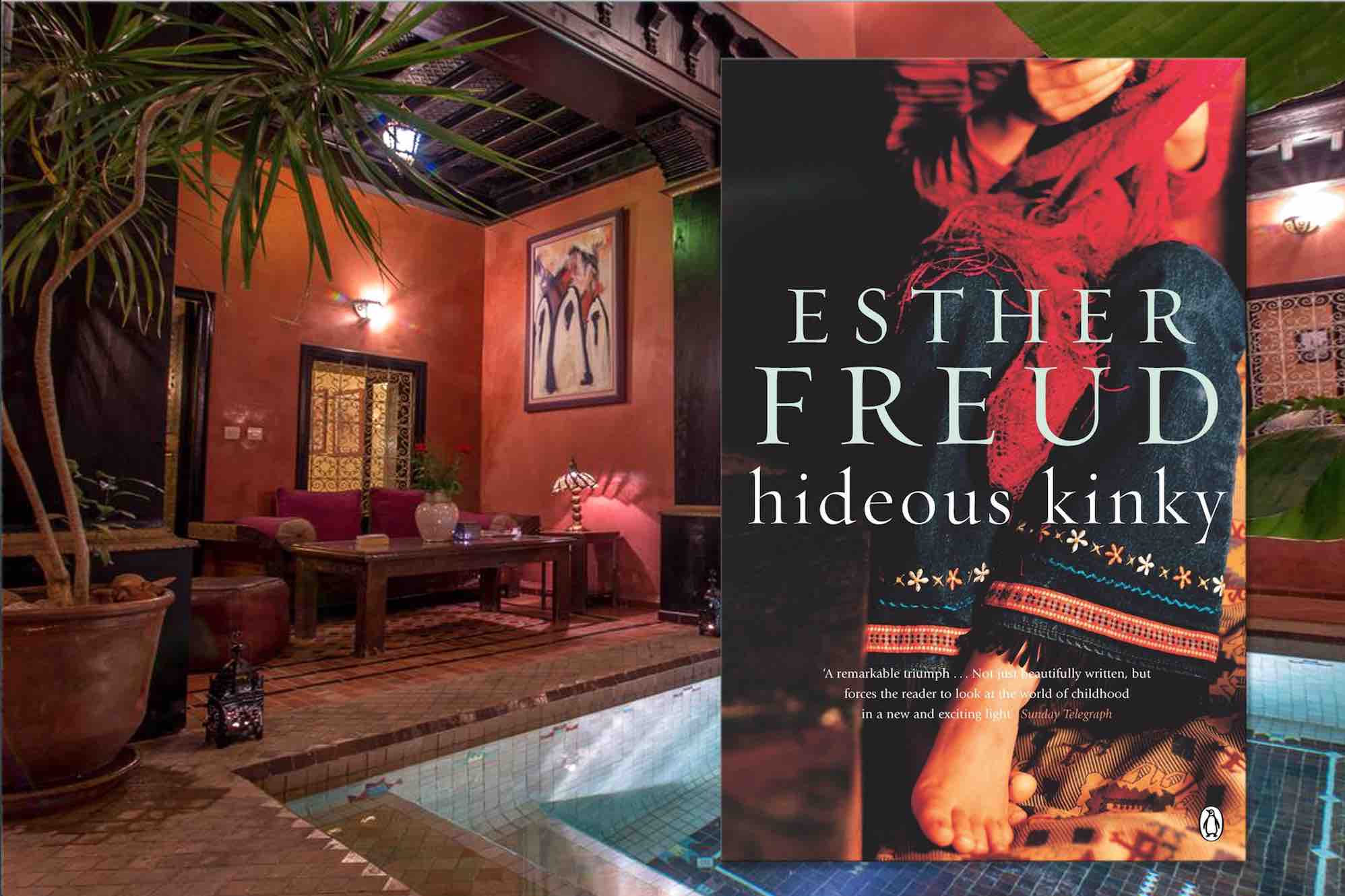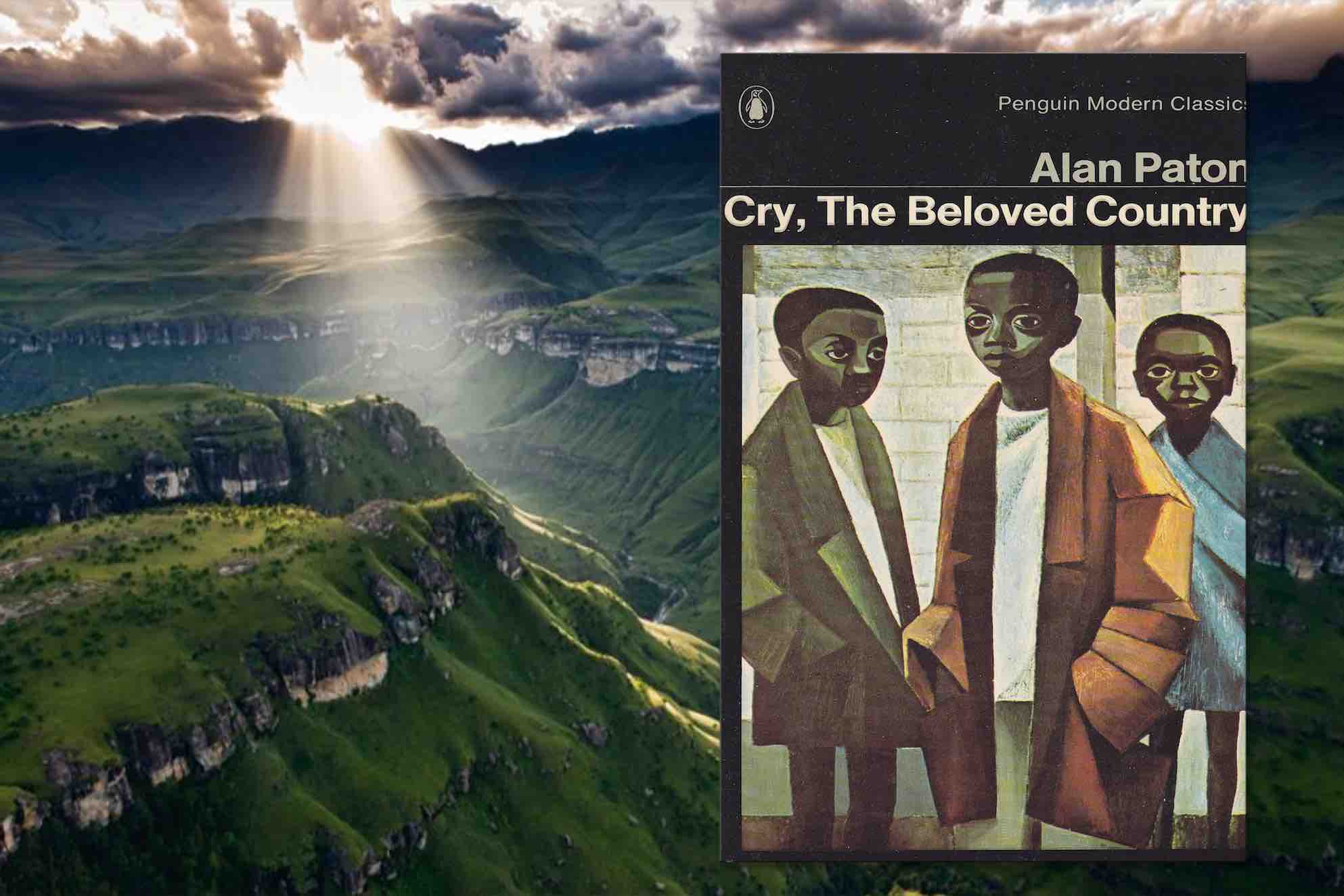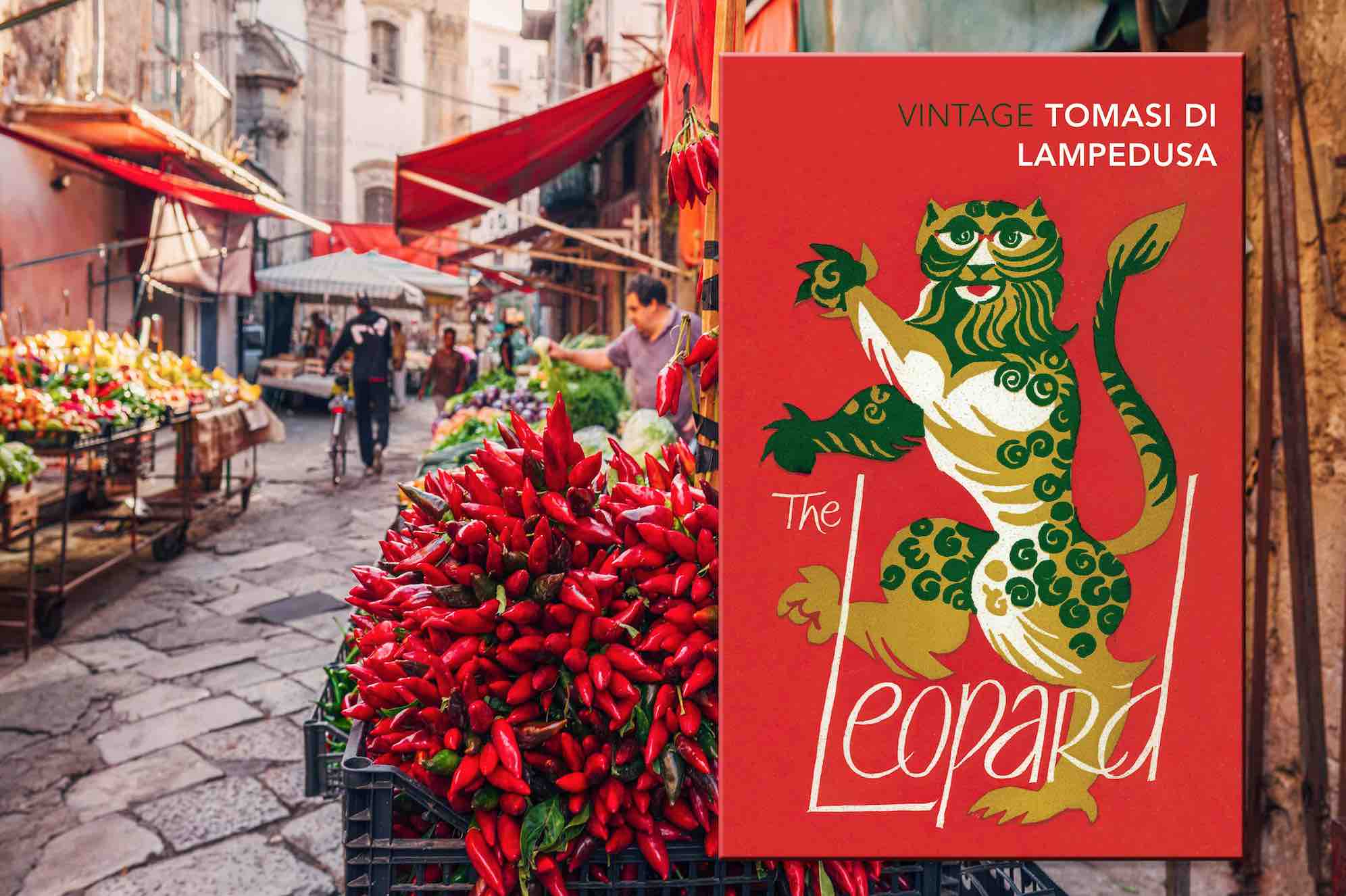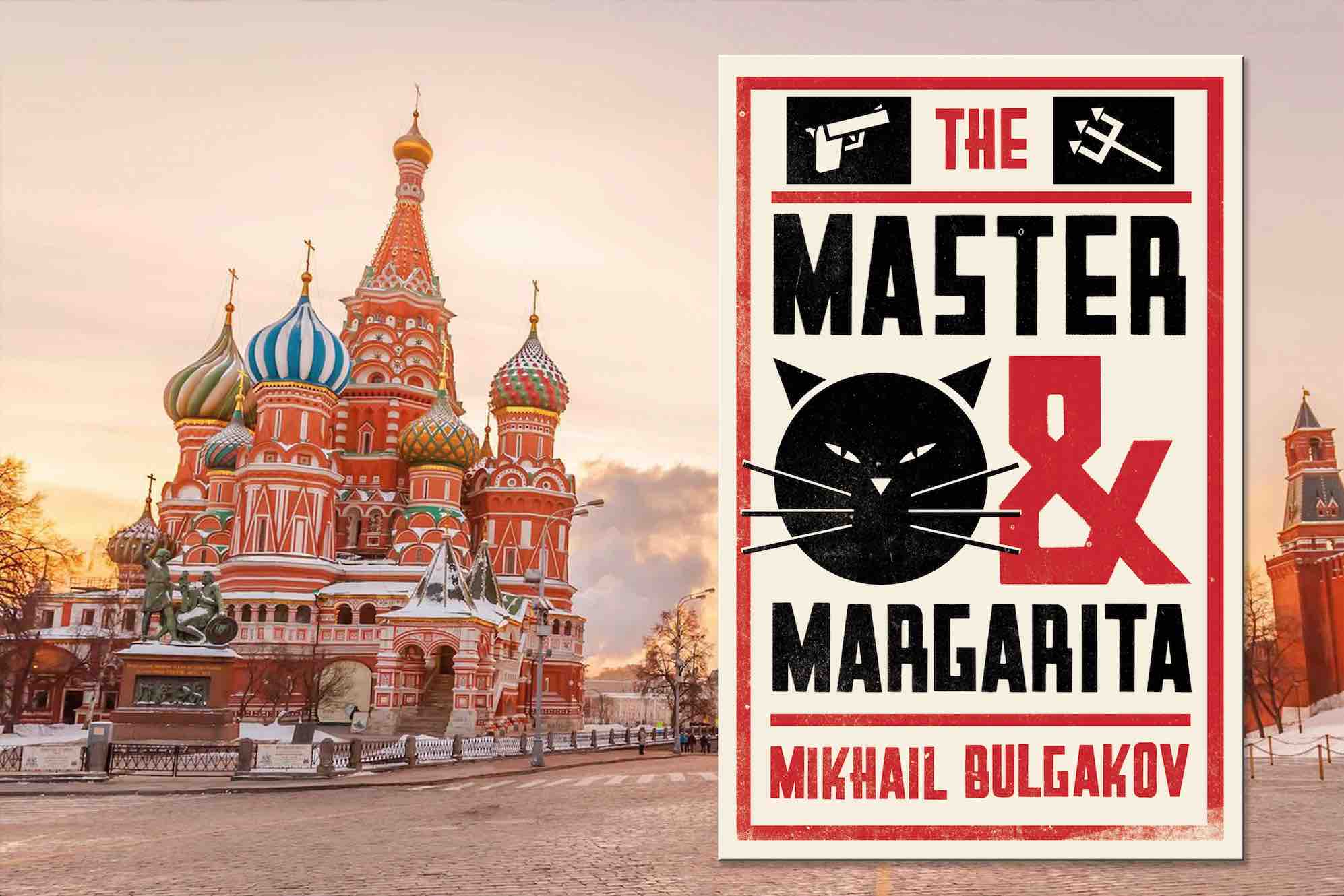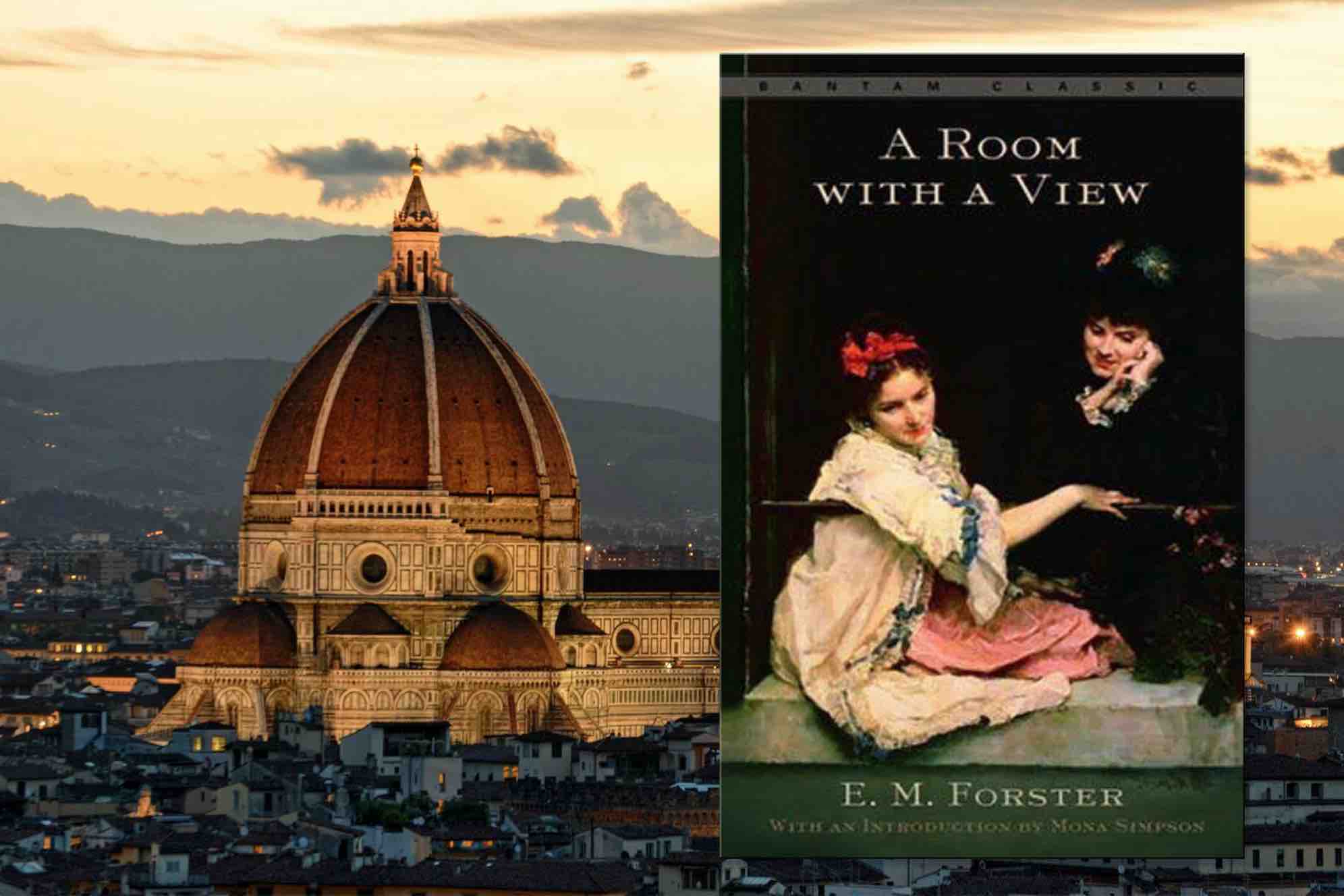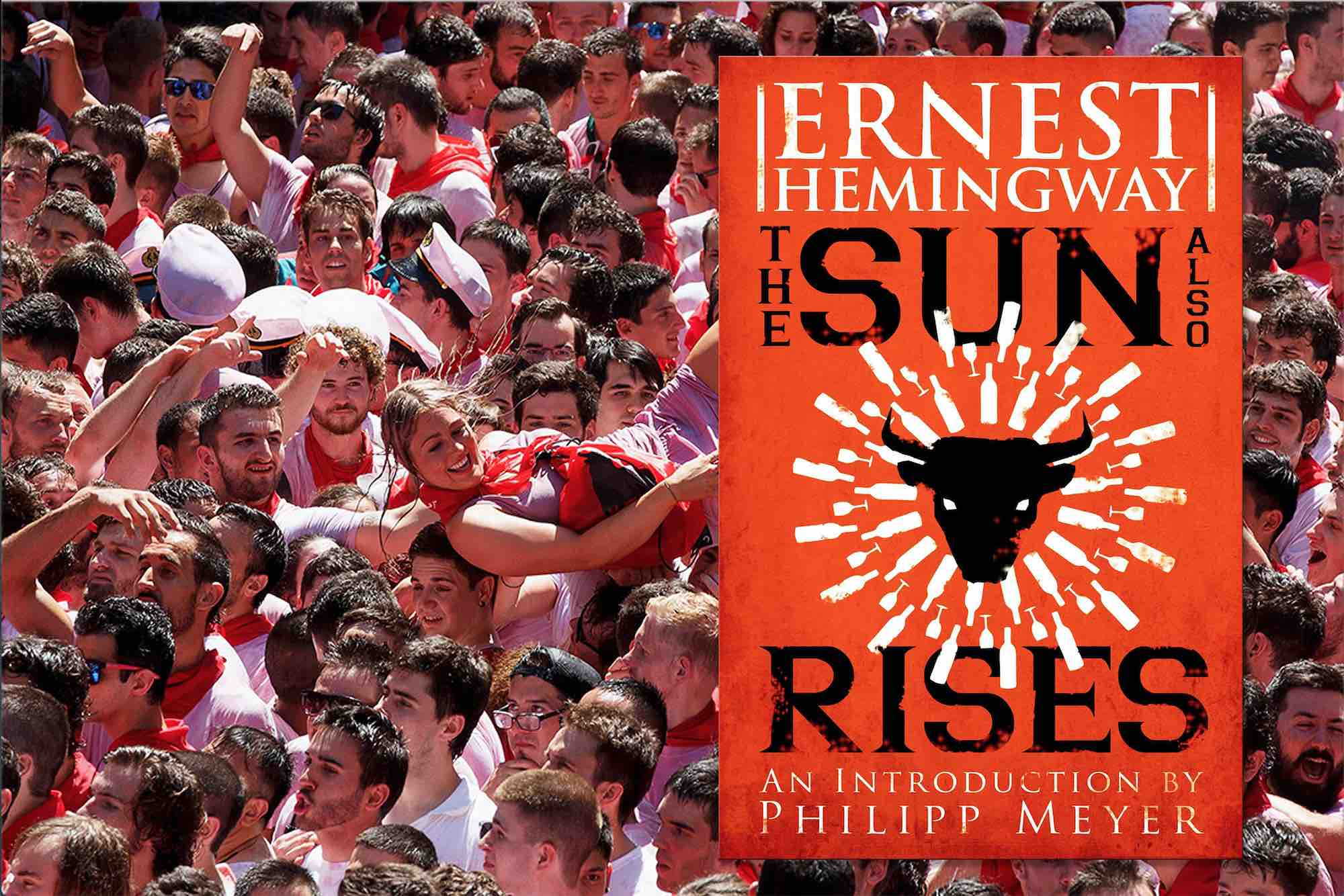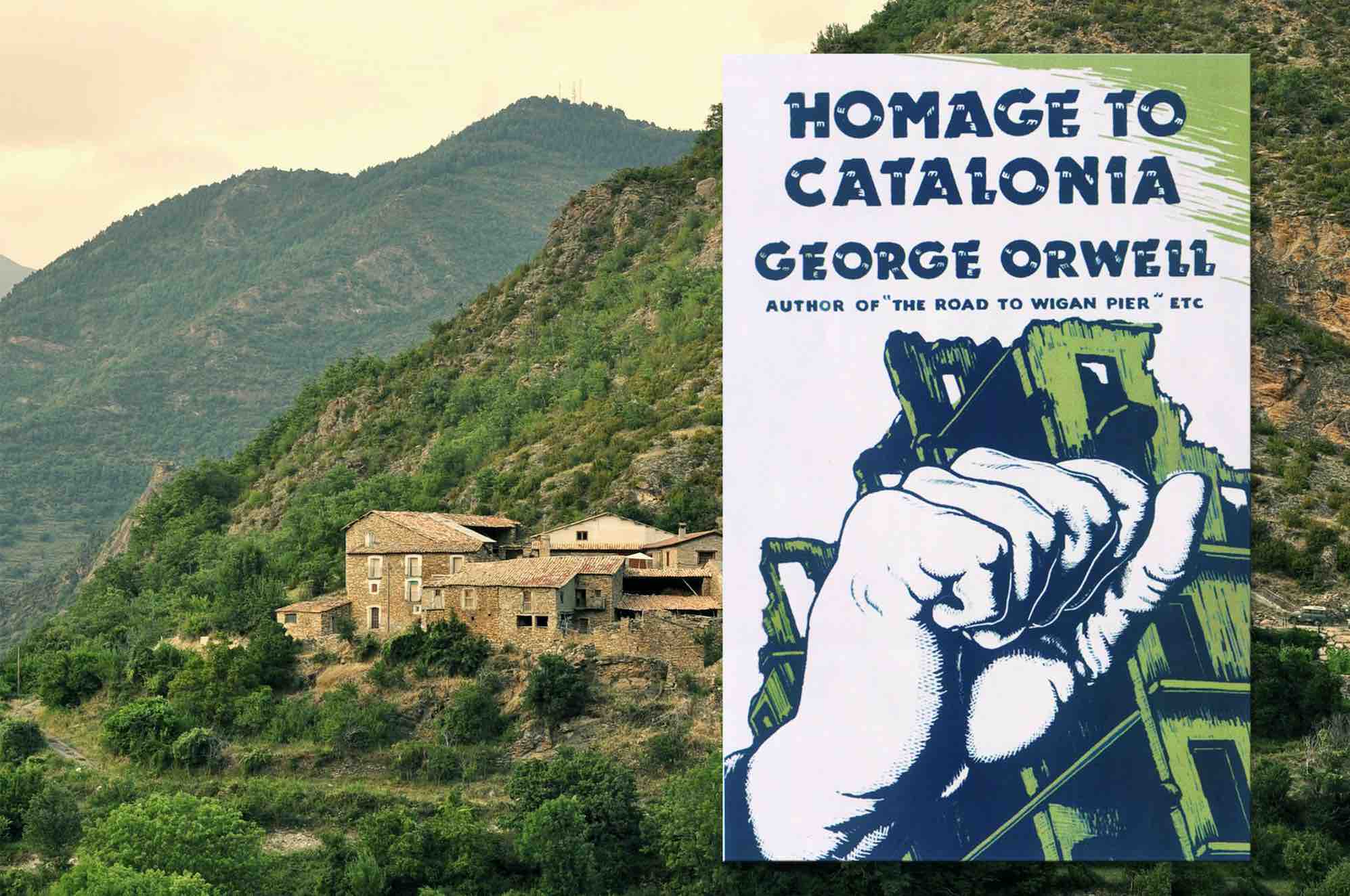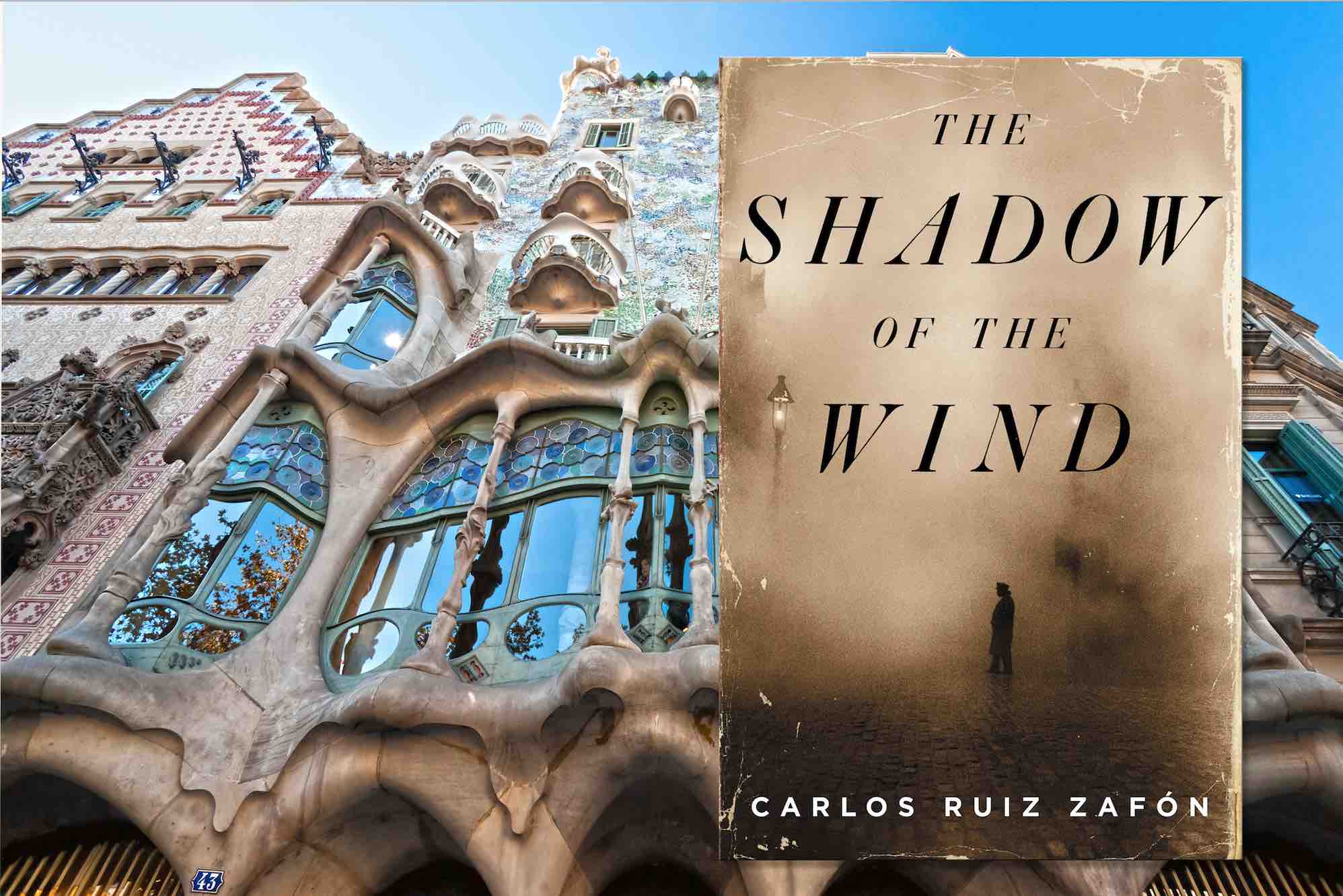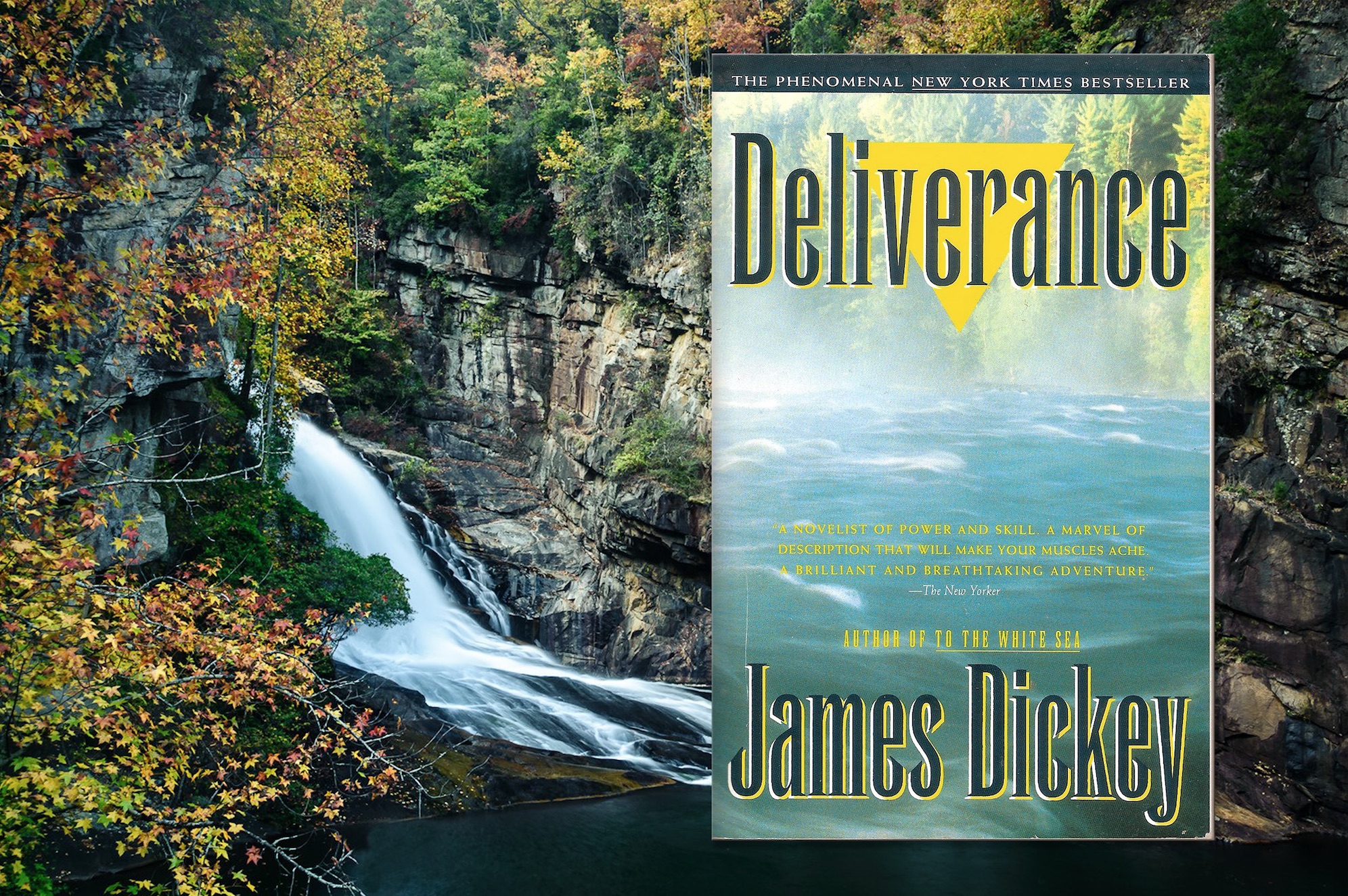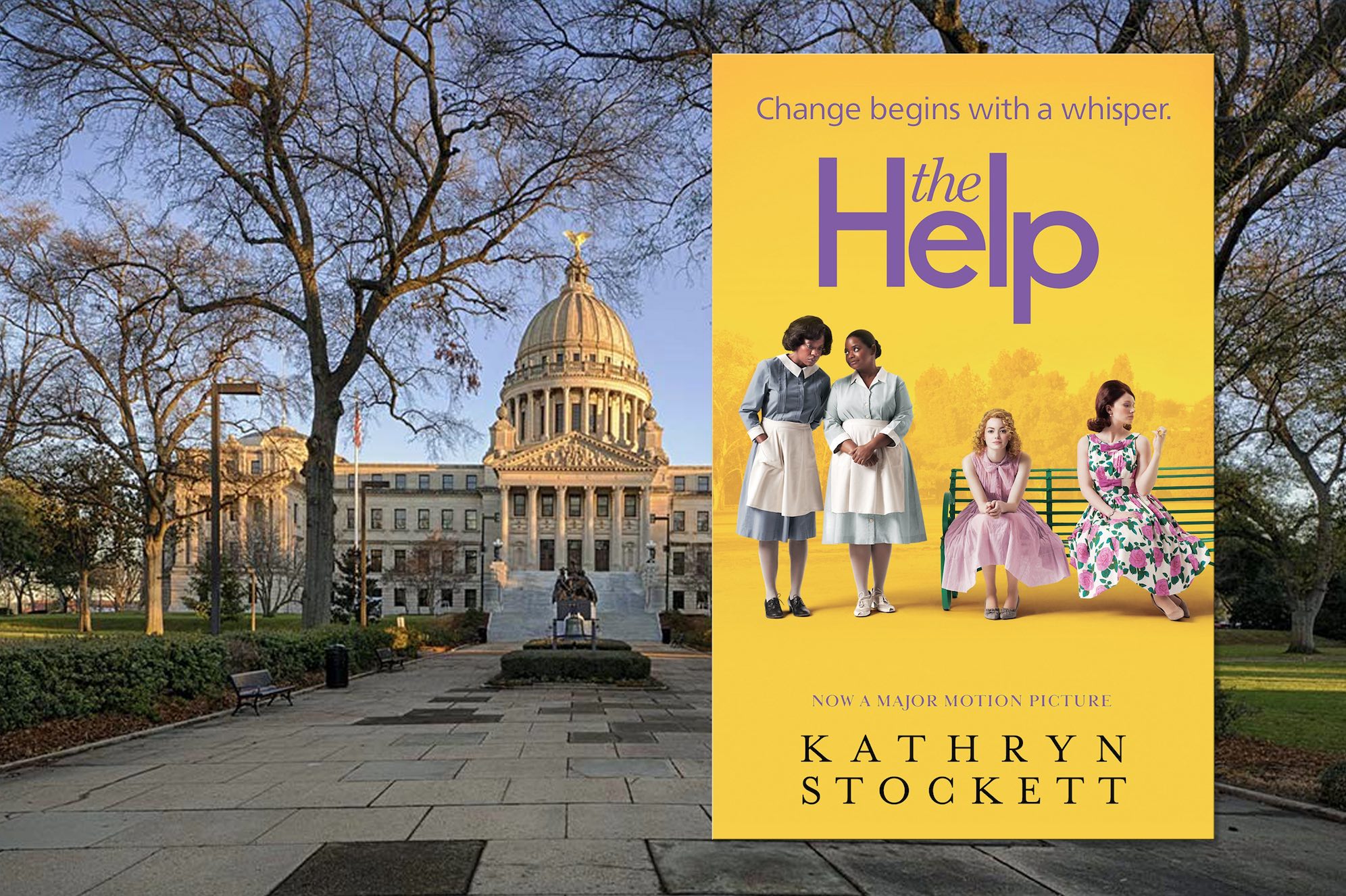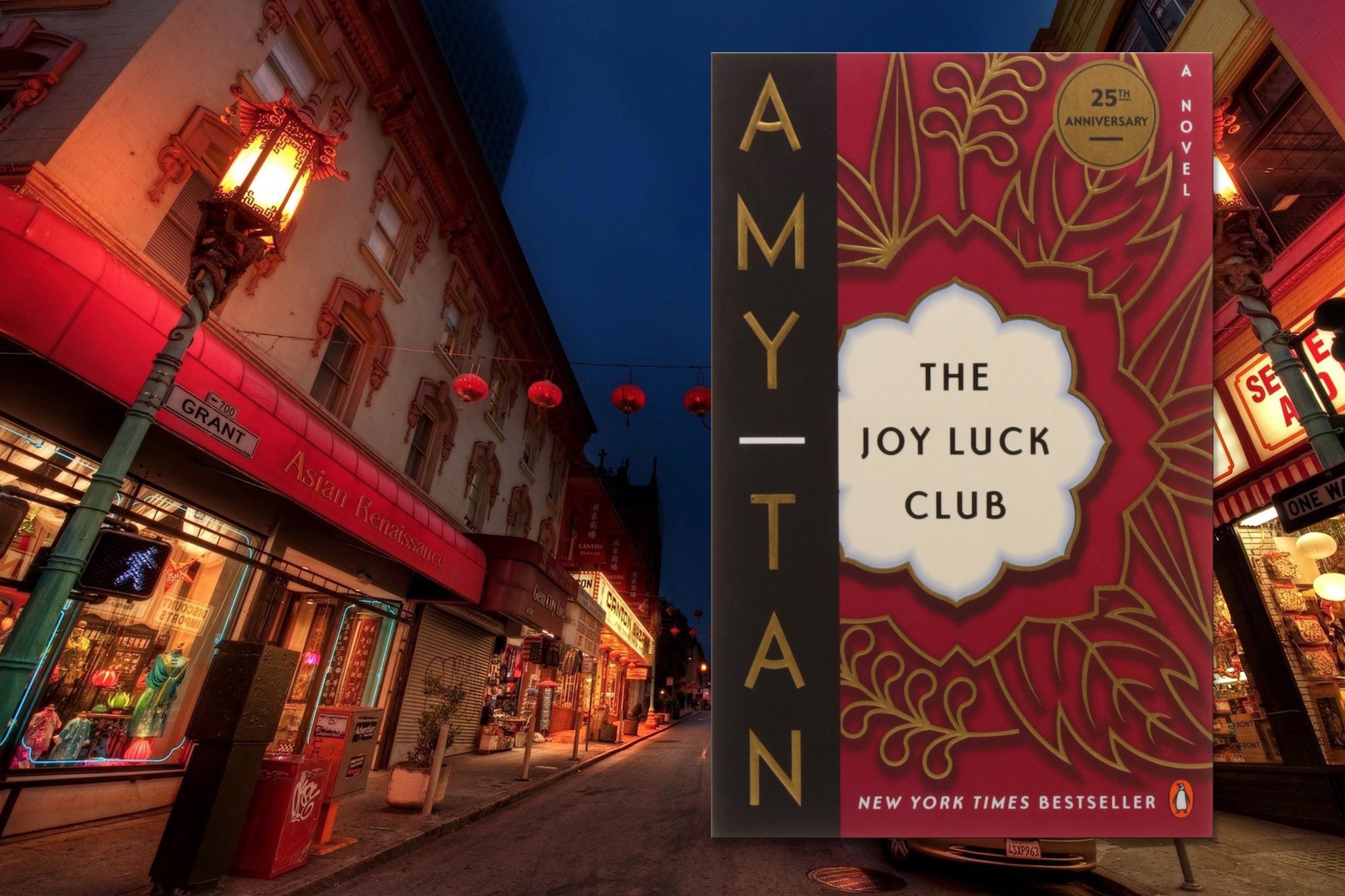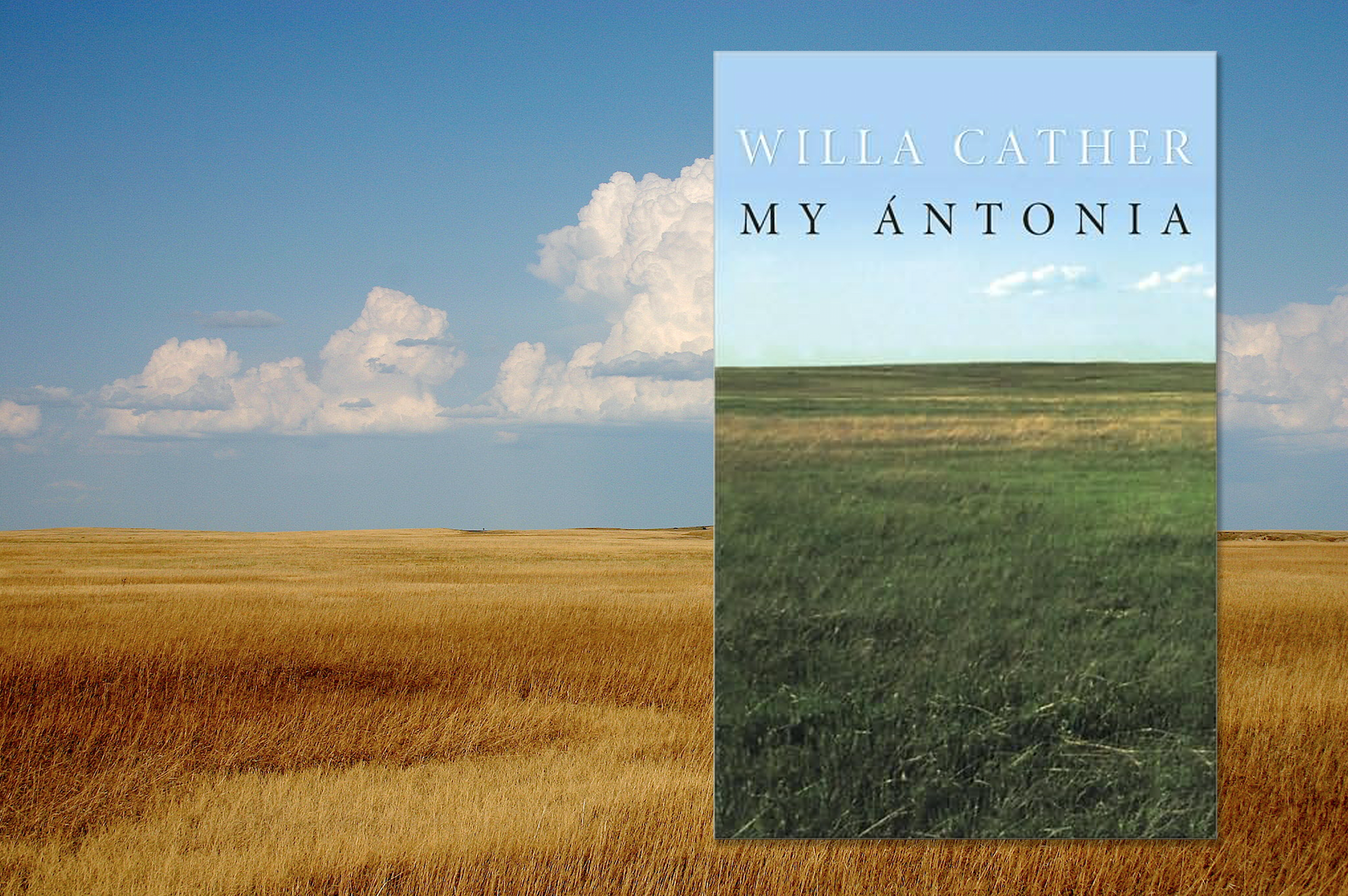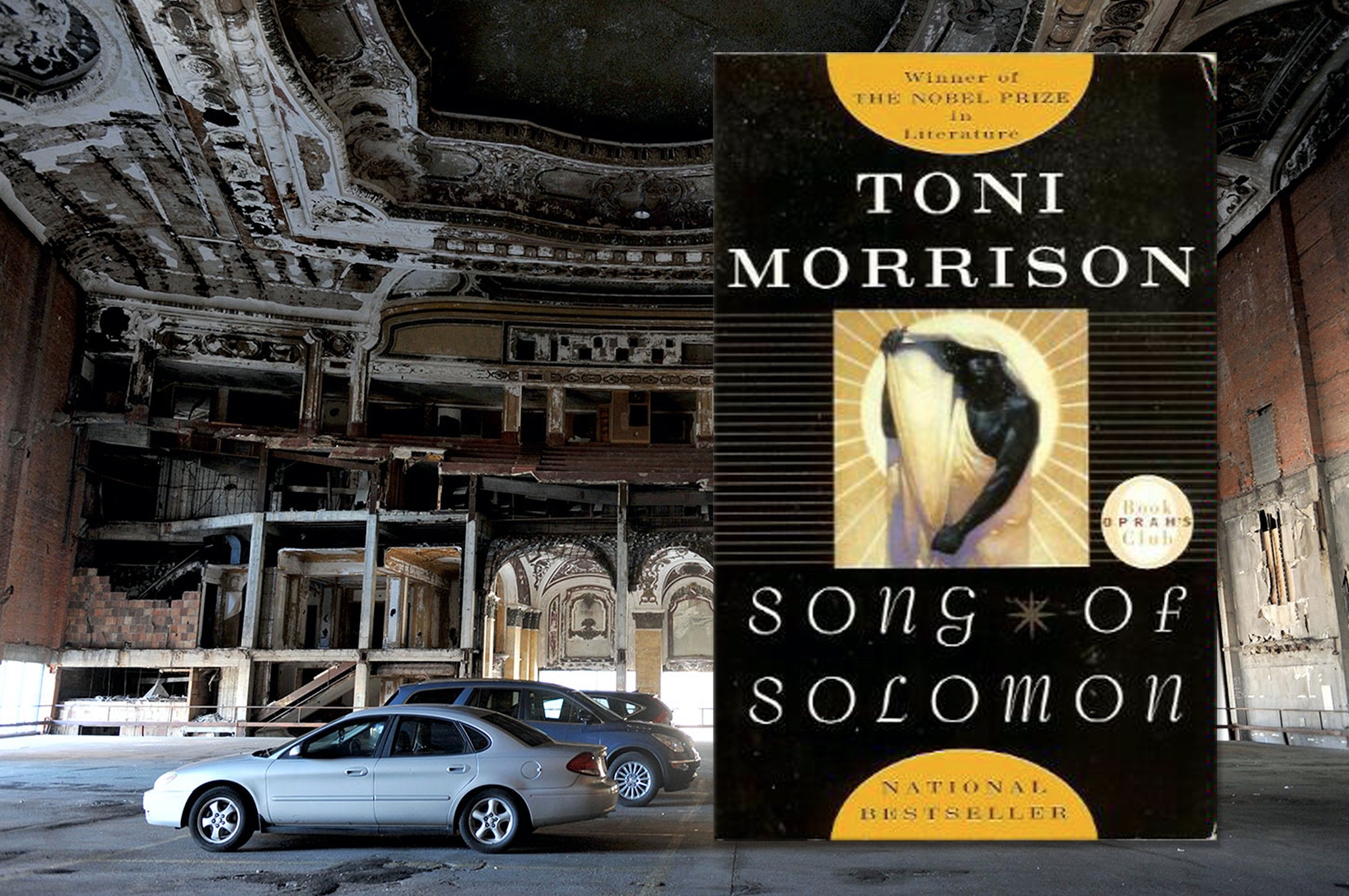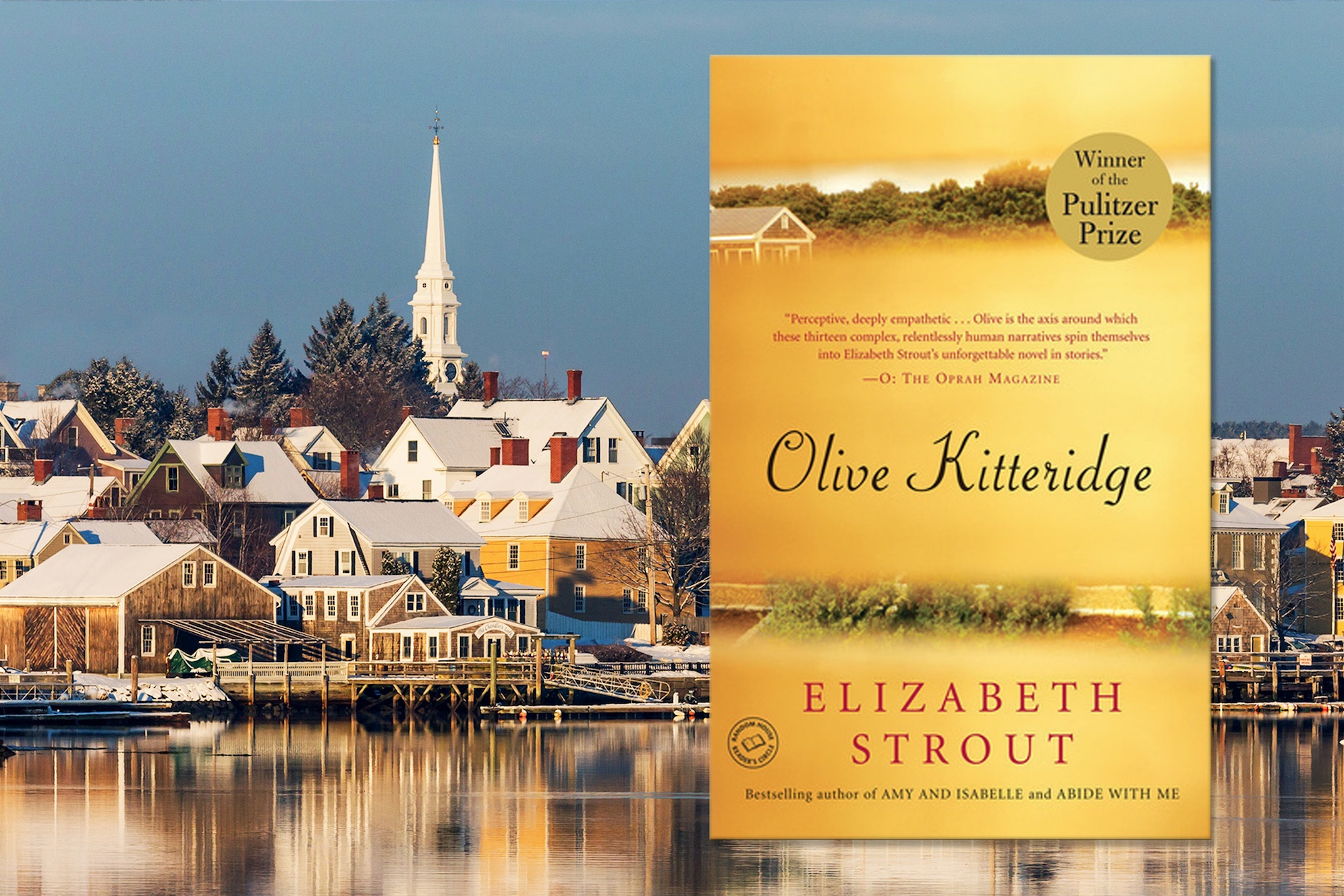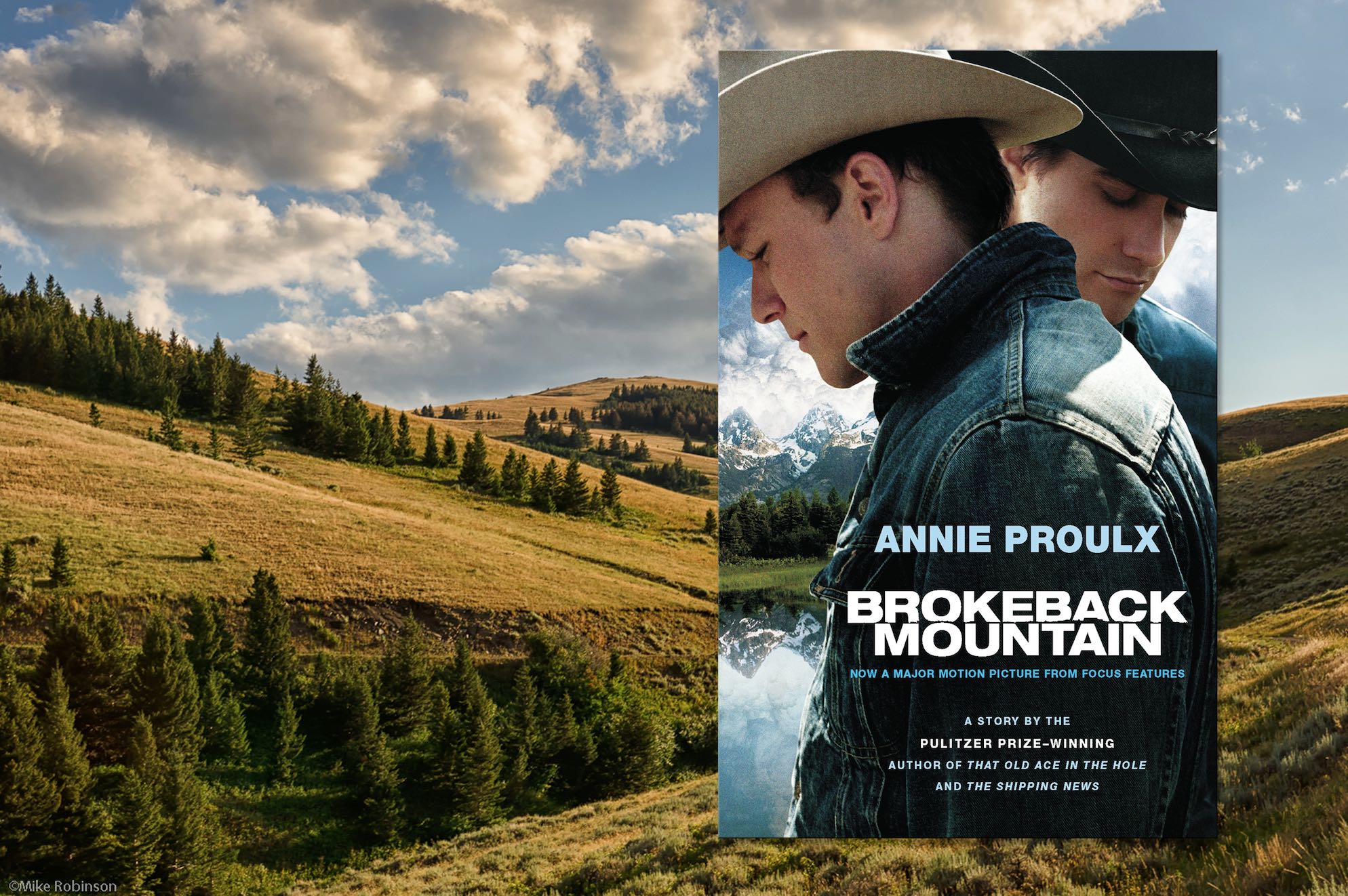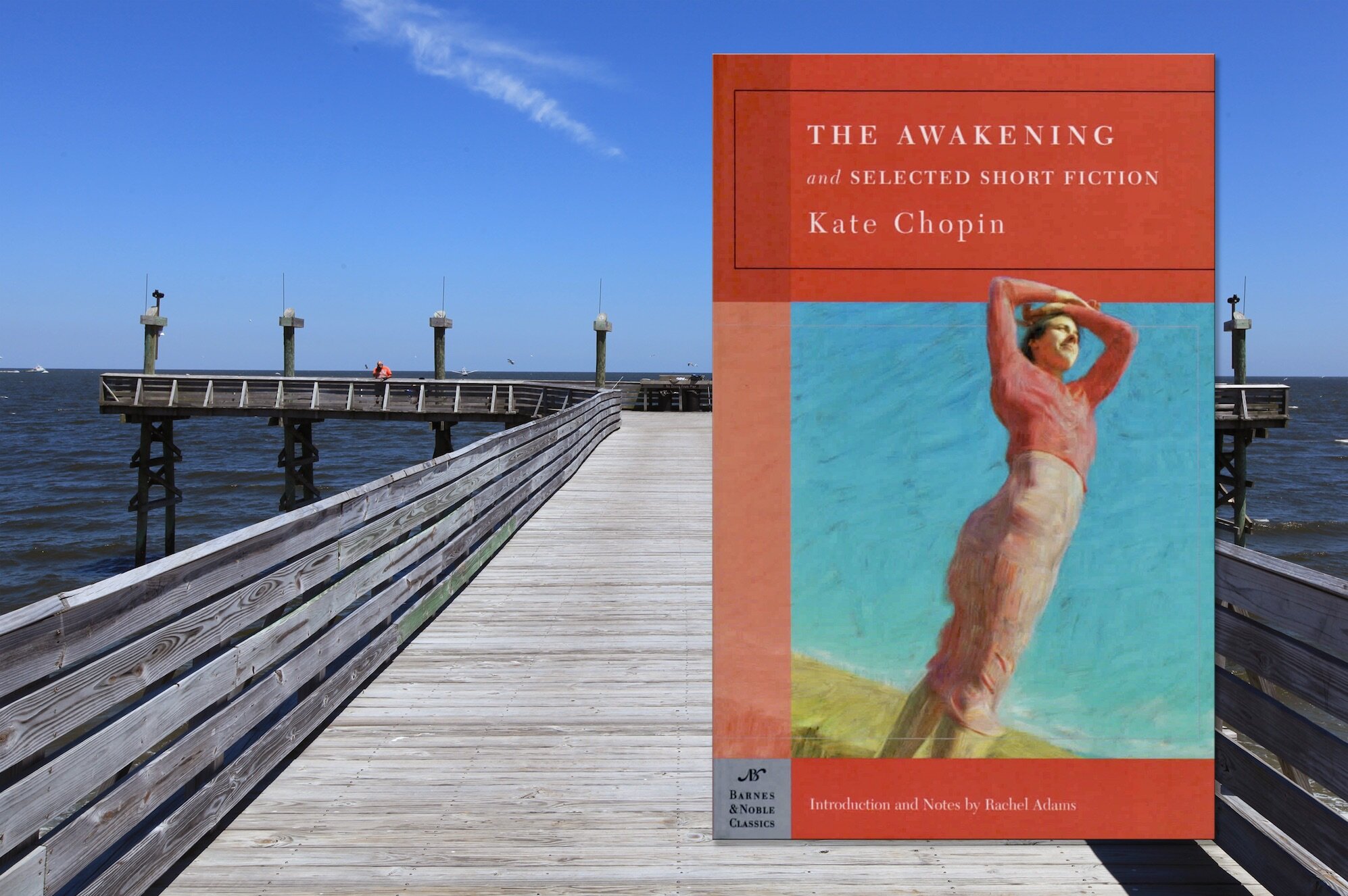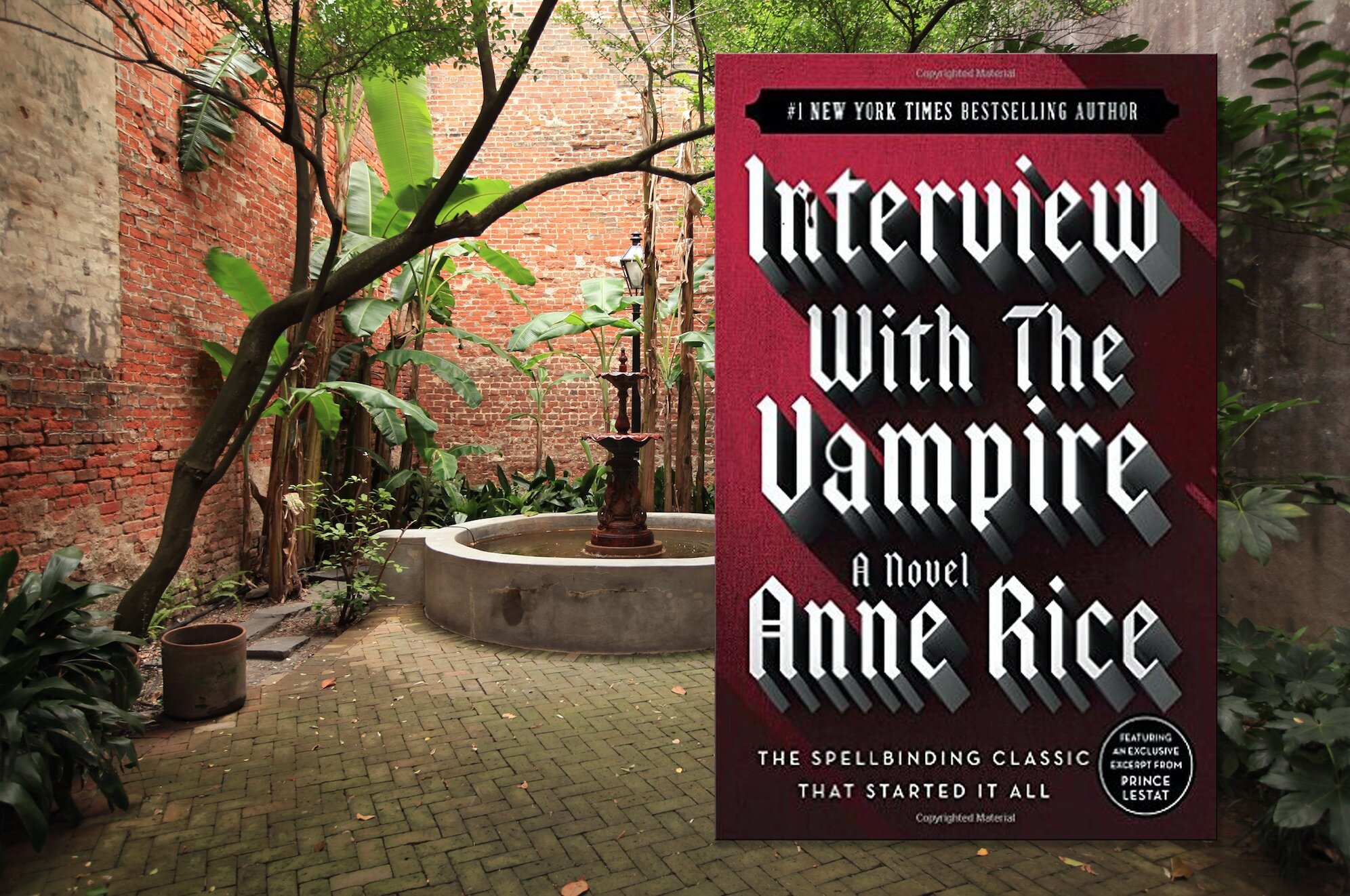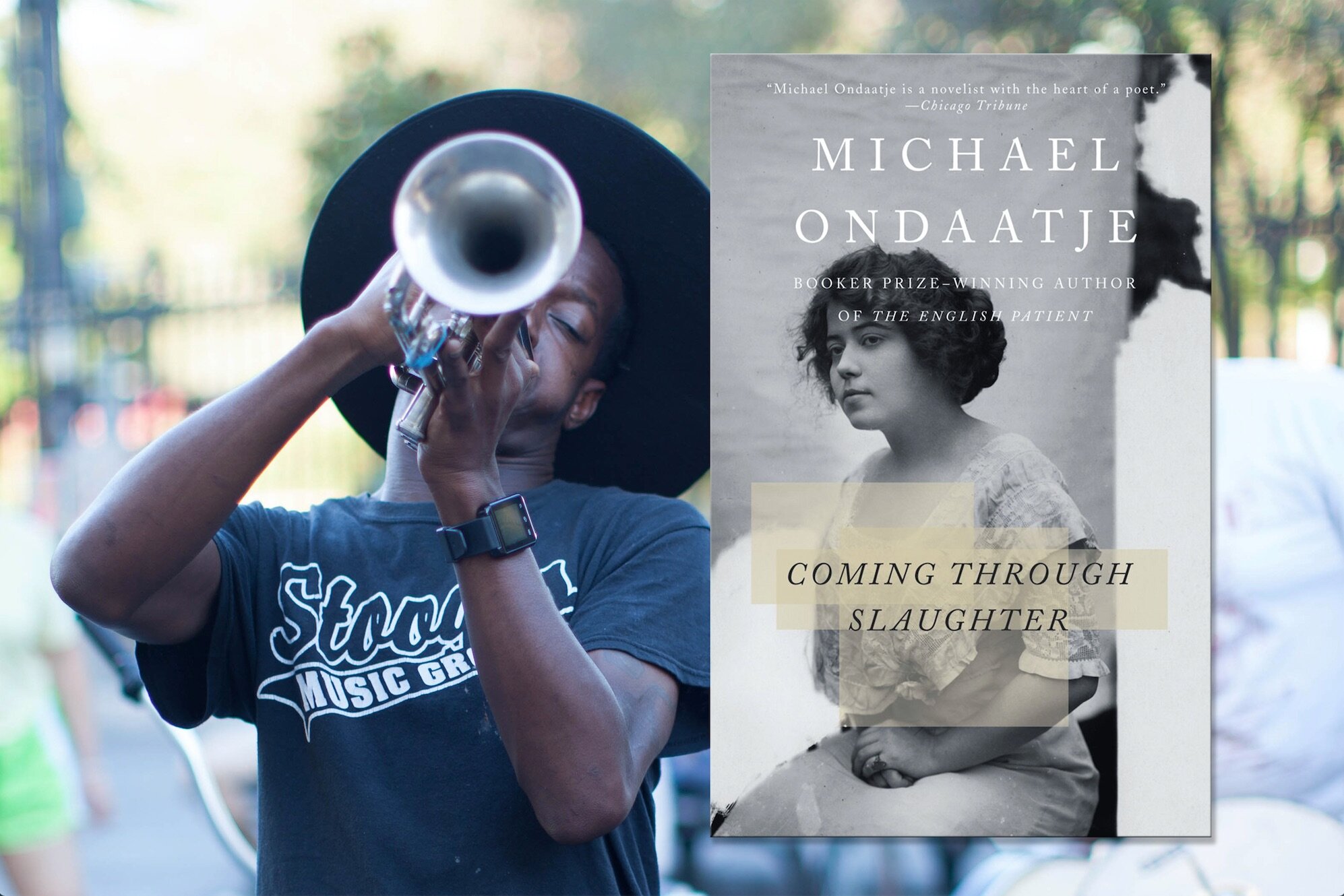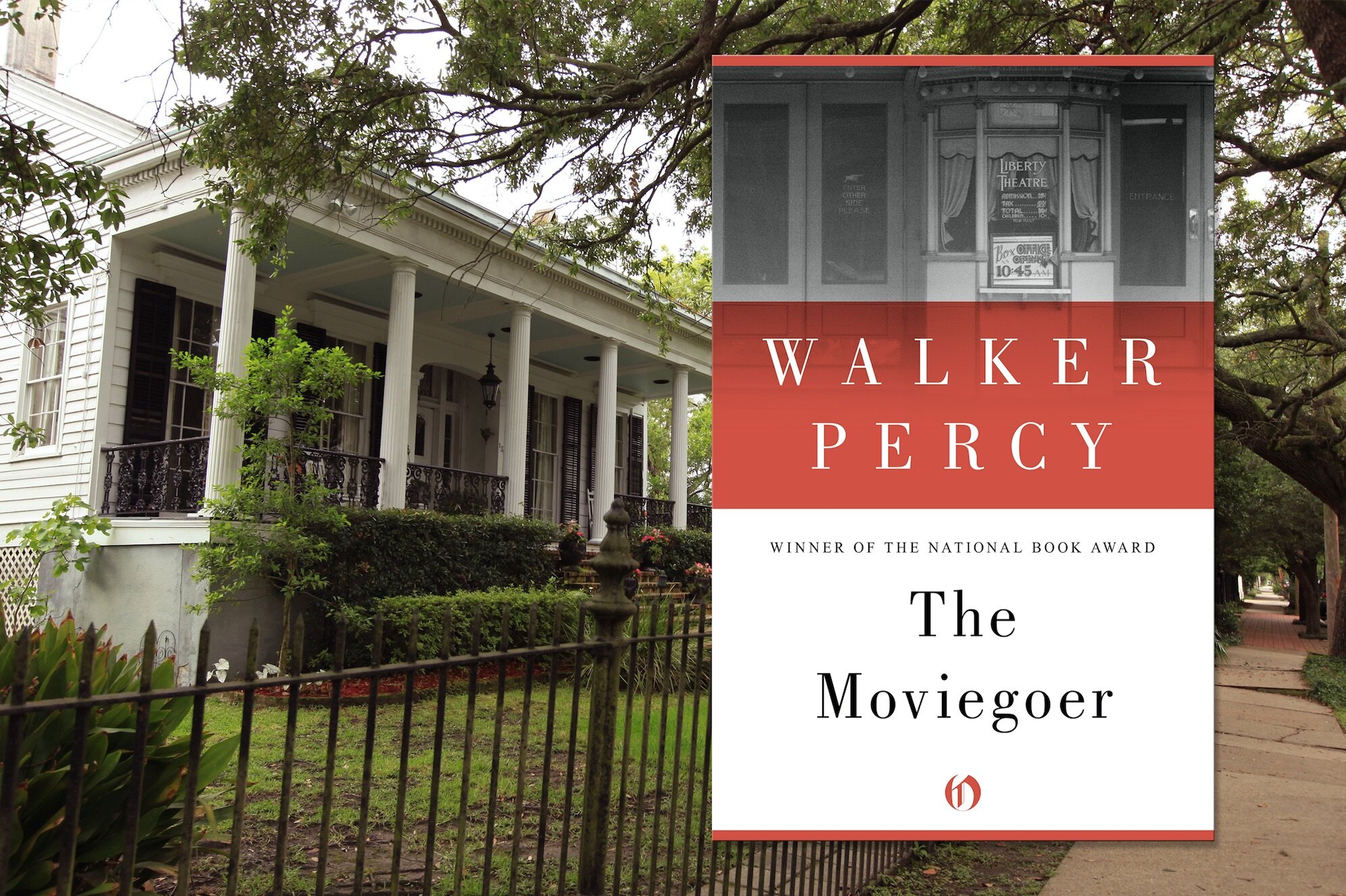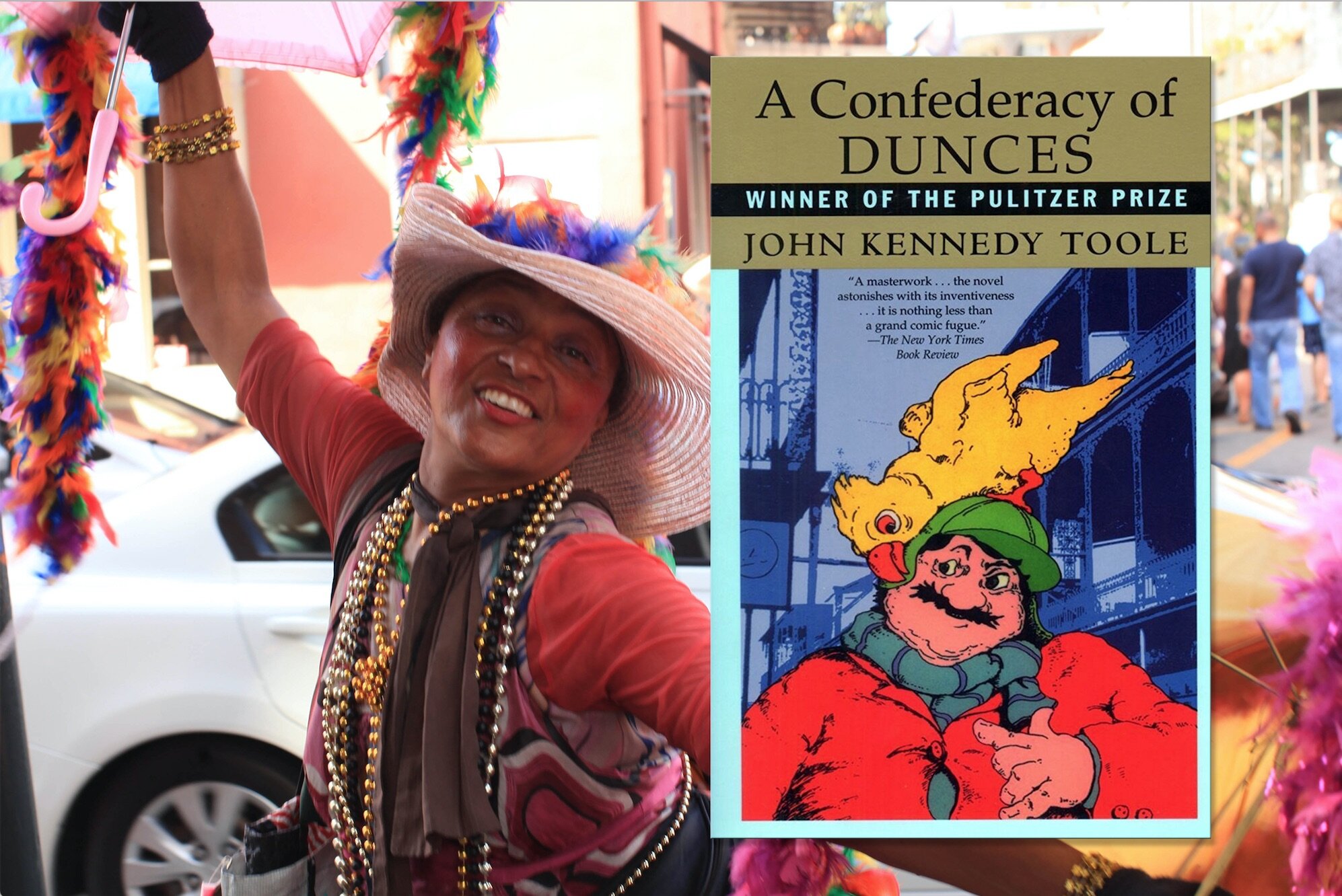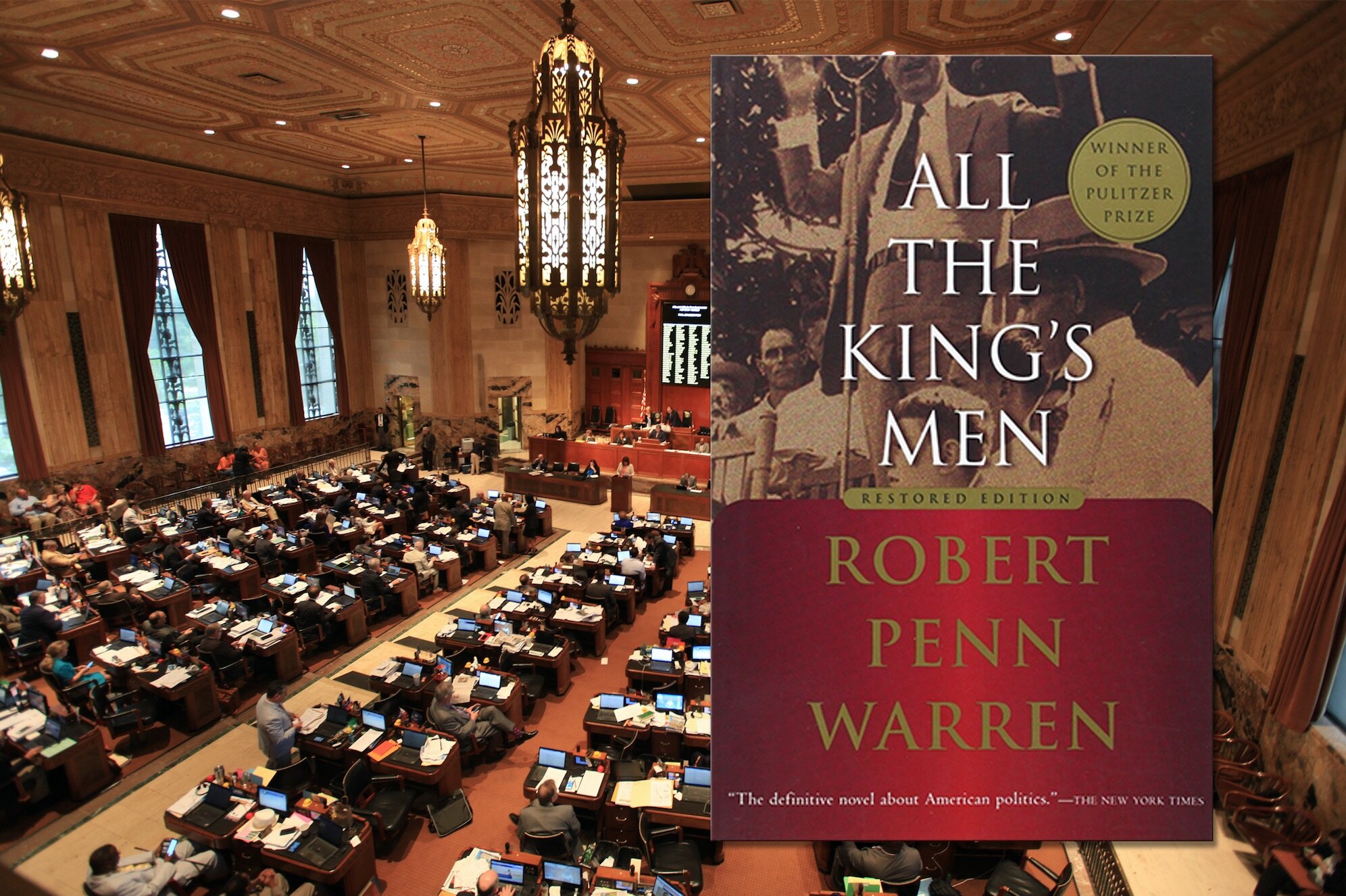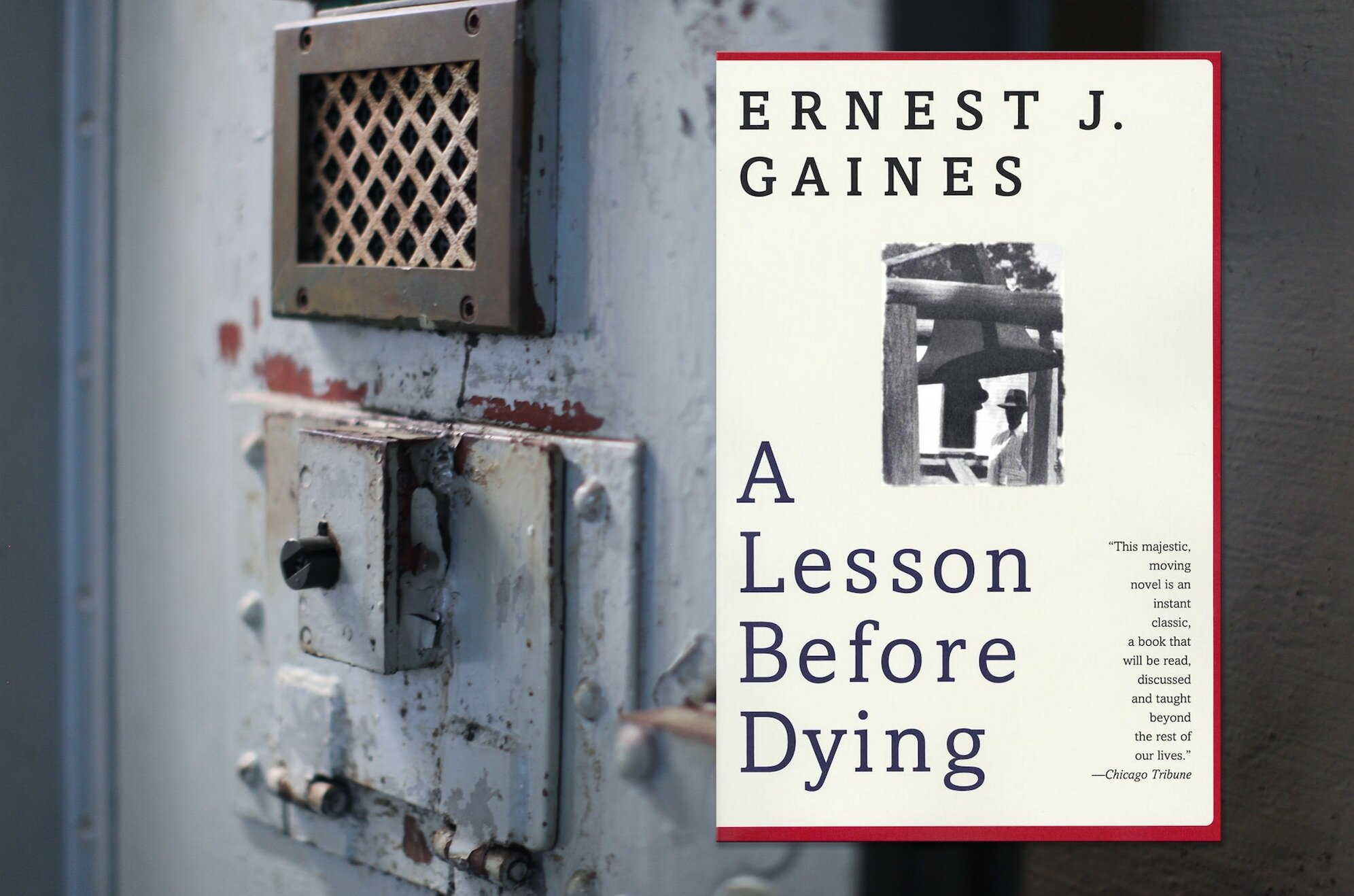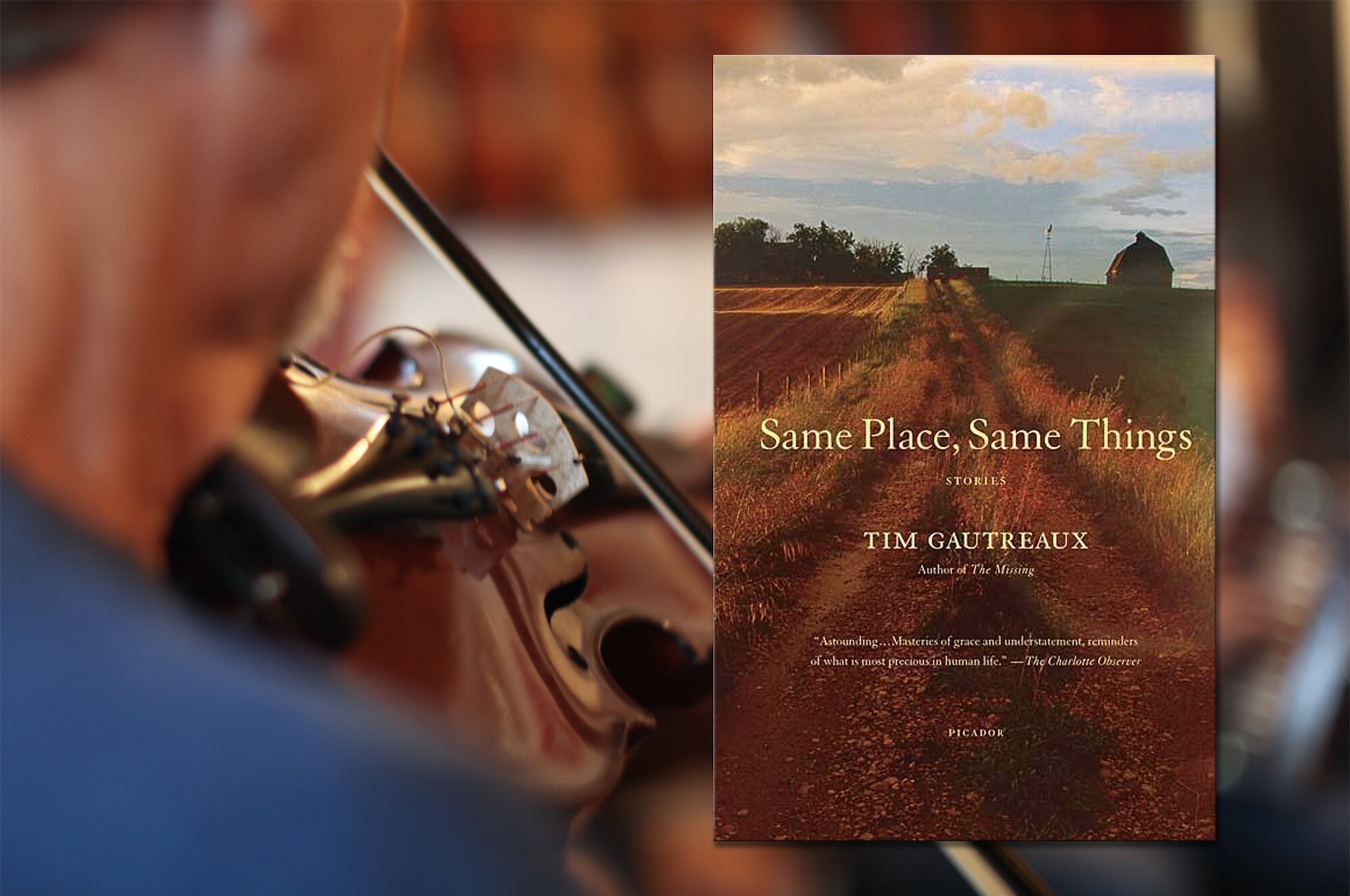“Only Connect...”
What is Bookpackers about? In a word, connection. It’s about diving deep into other cultures and breaking through the barriers of ‘otherness’.
I stumbled on the idea early in life. I was in teaching in a school in India, just 18, enticed by Indian culture but also a bit bewildered, weighed down by my cultural baggage - my ‘Britishness’. In the school library I found a copy of ‘A Passage to India’, the story of a British woman’s failure to make sense of this alien world. The novel gave me words to express what I was feeling; it helped me connect.
In the months that followed, on the tourist trail, I read ‘Heat and Dust’, another story of East / West dislocation. I read ‘The Siege of Krishnapur’, a brilliant novel about the Indian Mutiny. I read ‘Untouchable’ by Mulk Raj Anand, an obscure memoir published in the ‘30s, describing a day in the life of a latrine cleaner, an outcaste.
And I read ‘Midnight’s Children’.
Salman Rushdie's novel had won the Booker Prize a few years earlier, and someone had brought a Penguin edition to India and offloaded it in a bookshop in the Old Town in Delhi – a place where western travelers exchanged dog-eared paperbacks. I still have the copy, and it has a musky smell from my months on the road. I read it twice through in the weeks that followed, devouring every word, electrified by Rushdie’s pyrotechnic prose and by his deep, mischievous understanding of the subtleties of Indian life. He showed me the Raj from an Indian perspective, and then he wound the story on, through Independence, into this contemporary world of slums and noise and confusion.
Indira Gandhi was prime minister back then, a sacred figure, Nehru’s daughter. But in this novel Rushdie painted her as a kind of Cruella de Vil, a monstrous bogeyman, sterilizing street children. And then - during my time in India - she sent the tanks into the Punjab, to crush the independence movement there. The school where I’d taught was in the Punjab; the people I’d met there were Sikh. I’d been to Amritsar and seen the Golden Temple - and now her troops were shelling that special place. In Delhi, staying with a Sikh family, we watched the footage on television, and one of the family remarked, “She’ll get hers”, or words to that affect. A couple of months later, on my return to the UK, she was assassinated by her Sikh bodyguard. I felt, in some small way, a part of the story - as if 'Midnight's Children' had rolled on into the 1980s, into my own passage to India.
I never forgot that experience. And ever since, throughout my life, I’ve taken the right book with me, using novels as guidebooks to dig deeper into the local culture.
Filming a documentary in Jerusalem and Tel Aviv, I read ‘Exodus’ by Leon Uris. I read ‘Hideous Kinky’ filming in Morocco, and ‘Cry, the Beloved Country’ shooting a drama-doc in South Africa. On holidays, ditto: ‘The Leopard’ in Sicily’, ‘The Master and Margarita’ in Moscow, ‘A Room With A View’ in Florence.
In 2007, or thereabouts, I gave the concept a word: ‘Bookpacking’.
I can remember the exact moment it happened. I was at my parents’ house, leafing through an old copy of ‘Robinson Crusoe’, and I was thinking about Alexander Selkirk, the Scottish castaway on whom Defoe had based the story. I imagined being marooned today on Selkirk Island off the coast of Chile, with a copy of ‘Robinson Crusoe’, and I wondered how useful (or not) this early 18th century classic might prove as a survival guide.
Working as I did in television, the idea became a format, and the word, ‘Bookpackers’, just popped into my head. (One day, perhaps, I’ll get the word ‘bookpacking’ into the dictionary, and my life’s work will be complete).
In 2008, I worked up the idea as a pitch. My brother Jerry and I made a road trip across northern Spain, shooting a promo as we went. On camera, I read ‘The Sun Also Rises’ in Pamplona, and Orwell’s ‘Homage to Catalonia’, and Carlos Ruiz Zafon’s ‘The Shadow of the Wind’ in Barcelona. The promo was shot on tape, and the only copy I have of it now is very low-resolution, and it looks a bit ropey, but it’s fun to look back on - the first incarnation of the Bookpackers idea. We took it to the BBC, and they liked it but didn’t quite bite - and then other projects distracted me, and for the next couple of years Bookpackers sat on the back-burner, just something I did on my own terms, for my own pleasure.
Then, in 2011, my wife Louise was offered a job in Los Angeles, and we moved to America, and I started to dig into American fiction. I discovered new and wonderful authors that aren’t much read back home - William Saroyan, Marilyn Robinson, Willa Cather - and the idea of reigniting Bookpackers with an American focus took hold.
And the more I read, the more I came to realize that this concept wasn’t just fascinating and fun, it was important.
Why? Because this is a nation divided. It breaks my heart. Neither side listens to the other, neither side understands the other. It seemed to me perhaps these novels offered a key to connection, a portal to empathy.
All at once this enthusiasm of mine - ‘bookpacking’ - became something more: a mission.
Deep, connected, empathetic understanding, through vibrant and joyful exploration of people and places, all through the portal of books. Yes! There’s a life’s work to celebrate.
American fiction is so remarkably regional. Californian novels, Appalachian novels, New York novels, Midwestern novels - each giving a perspective on the different ways people live and think and operate in this richly varied nation, this tapestry of cultural pathways.
I began to map American fiction with these cultural pathways in mind, seeking out those books that best might help us connect with the ‘otherness’ in our midst.
“You never really understand a person until you consider things from his point of view... until you climb into his skin and walk around in it.”
Cutting a long story short, in 2016 the Bookpackers project forged a connection with the University of Southern California, and I was invited to devise a series of cross-humanities classes using the Bookpackers model for undergraduate education.
In 2017, Bookpackers at U.S.C. was launched with a month long ‘bookpacking’ trip to New Orleans and Southern Louisiana. A group of student bookpackers and I spent four weeks on the road, reading a selection of novels - eight in all - whilst exploring Louisiana's myriad cultures - Creole, Cajun, African American, White Protestant.
For me, it all came to a head one afternoon in a little town called Arnaudville. That morning, we’d been reading a short story from a collection, 'Same Place, Same Things', by the Cajun writer Tim Gautreaux. His beautiful and evocative stories describe the close knit lives of the Cajuns, the people of the bayou, inheritors of French Acadian traditions passed down from the late 18th century.
That afternoon, we attended a pot-luck lunch hosted by a local 'luthier', a violin maker. He’d gathered some Cajun musician friends together for a jam. We sat on the back porch overlooking the swamps, and the rain lashed down, and we broke bread and made friends and listened to the fiddlers play, and for four blissful hours my U.S.C. gang and I were at home in a world of 'otherness'.
These were people in other circumstances my students might only have known through some judgmental reality show like 'Duck Dynasty' - and here they were meeting them, through literature and in the flesh, and finding empathic connection.
Later, in the van, one of the students, Morgan, said she’d never before sat with a group of strangers and seen "how beautiful they were".
And there’s the crux, the meaning in all this, 'bookpacking' in its purest form. It’s the force of connection Forster describes in the final moments of A Passage to India, the very first book I read on this Bookpacking adventure. As Forster put it in his abiding mantra, 'Only Connect'.

